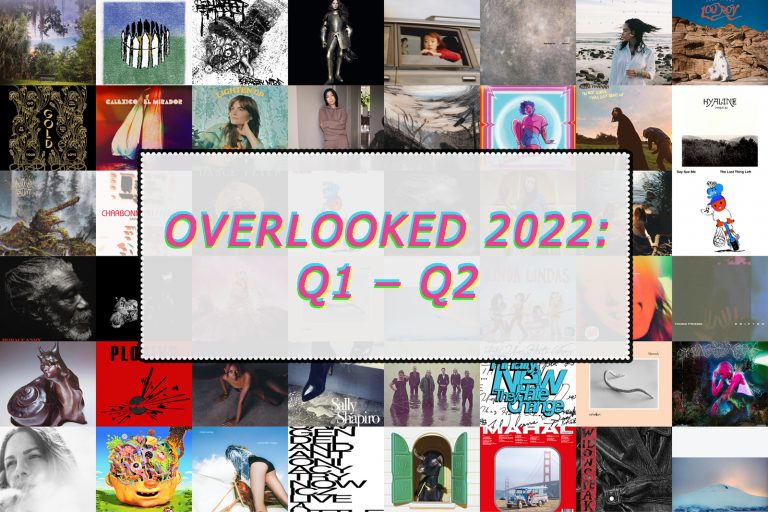The hunger is never sated. The weekly dinner bell, calling us to the table to feast on new releases, is a demanding mistress. We do our best to keep her happy, reviewing as many as we can, but the number we can write up fluctuates significantly week to week (but we do pretty well, considering this is but a hobby for all of us). Unavoidably, there are albums that fall from the dinner table, accidentally elbowed aside in the panic to reach the meaty pieces at the top – and often we don’t have time to stoop and grab them, what with the next week of releases popping its head over the horizon.
But, just because we haven’t reviewed something doesn’t mean we don’t like it. In fact, sometimes we love the albums we didn’t review – it just took us some time to realise it, or we were too overwhelmed with affection for it that we couldn’t find a way to properly formulate some words.
This is what our Overlooked features are for; to sweep up those that have been unfairly skipped over and bring them back to the table; to become another part of the musical feast we’ve been enjoying of late. And 2022 certainly hasn’t disappointed; while we’ve already had a bevy of records receive high marks from our reviewers, here are 45 more that we just couldn’t hide our love for any longer. Some of them you will surely already know, hopefully there will be more that you’ve never heard of, but all of them are lip-smackingly delectable. Tuck in.
Listen to a Spotify playlist of our favorite tracks from our Overlooked 2022 Q1-Q2 albums here.
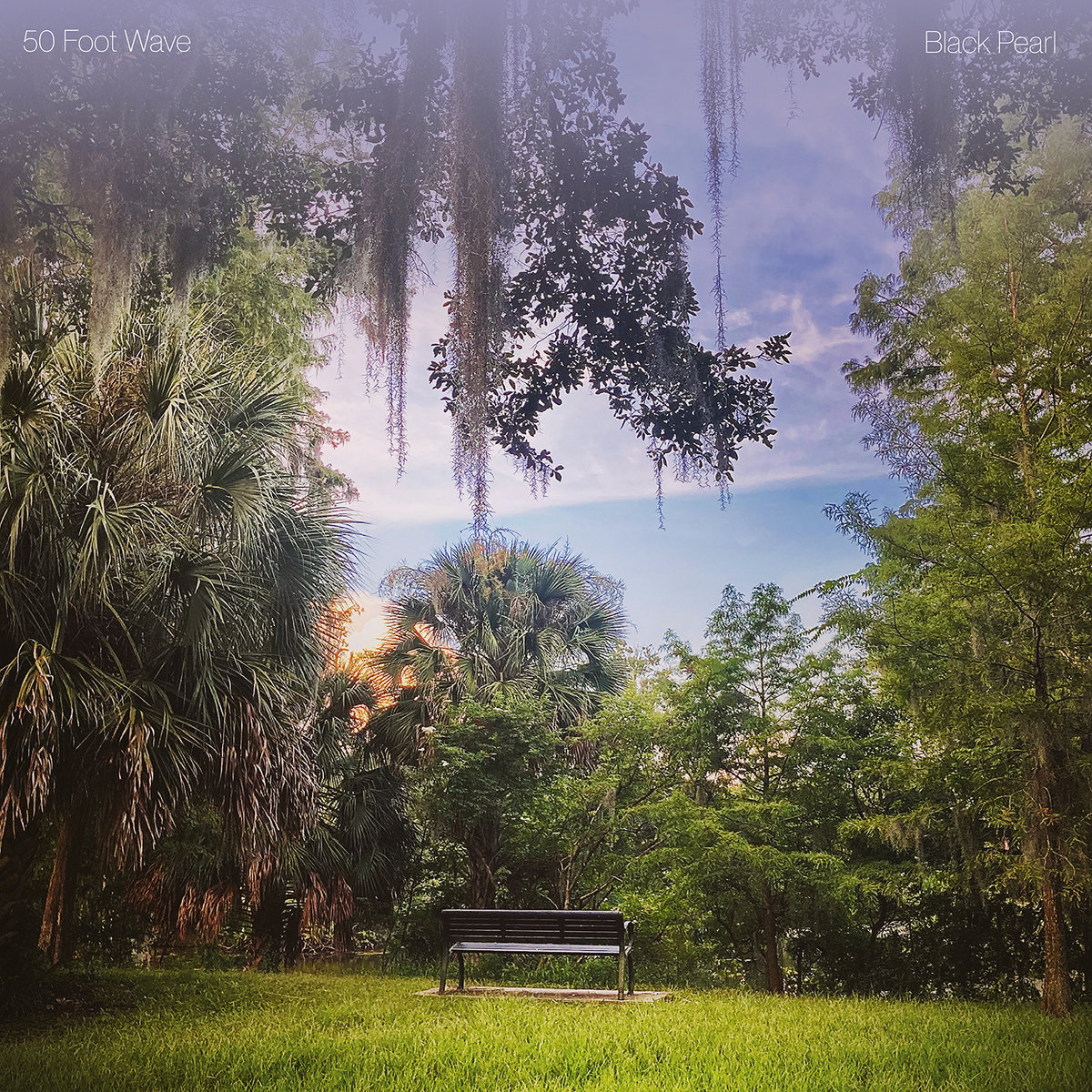
50 Foot Wave – Black Pearl
[Fire]
Singer-songwriter Kristin Hersh has been in music since she was a teenager in the 80s, and has never been one to sit tight. Over the years she’s created winding rock with her original band Throwing Muses, crafted firelit and deeply poetic solo albums of mostly acoustic material, and even become one of music’s best authors, with her three books — including Don’t Suck Don’t Die, the profoundly moving account of her relationship with the late Vic Chesnutt — proving that her masterful way with imagery-laden and emotional language lends itself just as well to prose as songwriting.
But one project of Hersh’s that hasn’t gotten as much space in the blogosphere or general musical consciousness (which is, admittedly, partly by their own design) is 50 Foot Wave. A noisy trio who makes music much gnarlier and muddier than most of her other work, they put out their debut in 2005, and then mostly became a live-only band, issuing a few small scale EPs along the way. Now they’re back with a second proper album, and Black Pearl proves to be a great entry point to the band.
Opening with the sludgy and lumbering “Staring Into the Sun” and continuing through six more unpredictable, knotty, and tense songs, Black Pearl is one of Hersh’s most tempestuous releases. It is, as much of her work is, anchored by her one-of-a-kind voice — husky and intense, seeping out like molten silver — and her fiery guitar work, as well as her esoteric words. Phrases like “So this rope and this burn are both rope burns / They mean no harm” or “Our house has no walls / Just a pounding chorus / It’s softer in your terrible arms / Lying back on thorns” convey so much when issues from Hersh’s trashed throat. In the end, 50 Foot Wave may be one of her loudest projects, but it is also one of her most unbridled and unencumbered, and for an artist as immensely talented as Hersh, that’s always going to be something exciting. – Jeremy J. Fisette
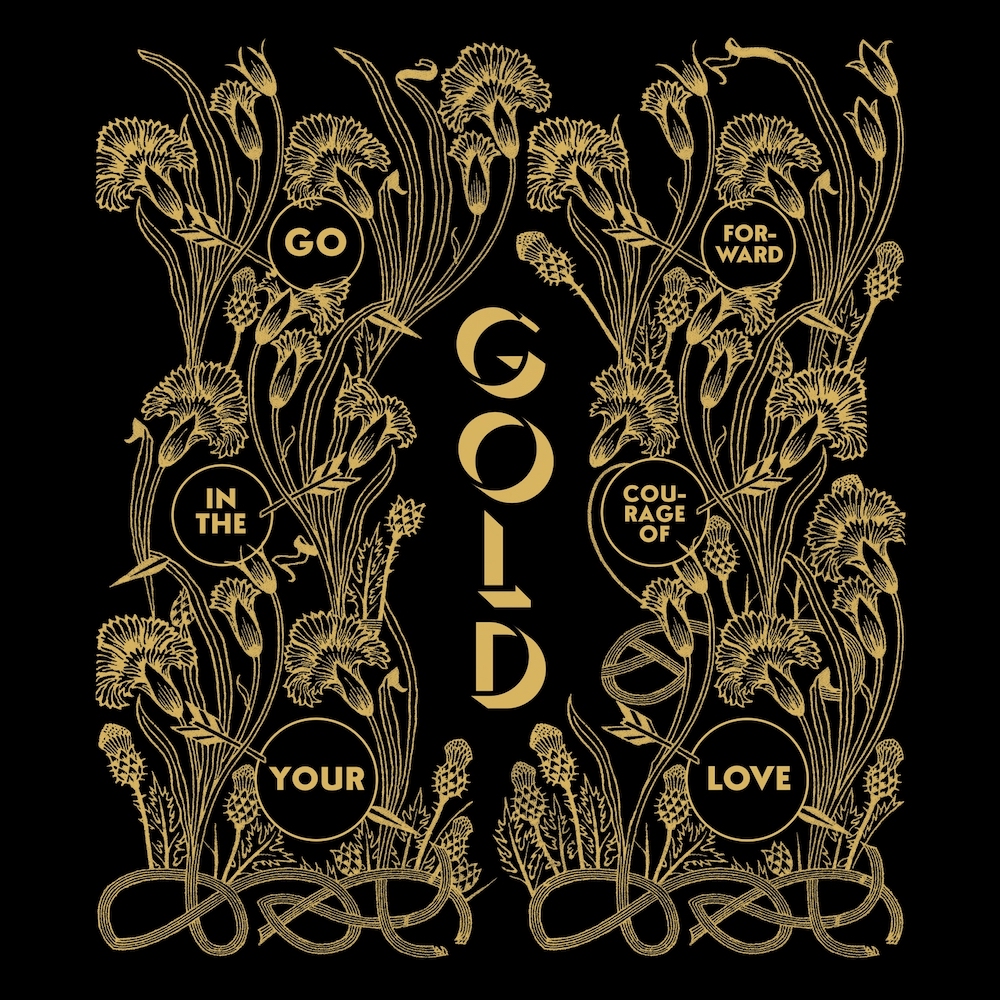
Alabaster DePlume – GOLD
[International Anthem]
Alabaster DePlume has been a figure floating around in the London jazz and arts scene for a little while, dropping a few collaborations and the wonderful instrumental album To Cy and Lee along the way, but GOLD is the first time we get to hear and see the Mancunian saxophanist and songwriter in his full glory. A double album that seems to be continually fluttering like a butterfly on a light breeze, these songs seem to be held together as much by love and belief as they do by musicianship.
Whether he’s singing about being “good at not crying”, reading poetry about being “brazen like a baby” or playing sax in his unmistakable style, DePlume is a magnetic focal point among this melting pot of jazz, soul and alternative sounds. He walks a fine line between childishness, sardonicism and profundity, and somehow comes out with a result that is as life affirming as it is smirk-inducing. GOLD is the sound of a beautiful breeze on a glorious island of the mind, calling you to explore the hidden caverns of your psyche. – Rob Hakimian
GOLD – Go Forward in the Courage of Your Love by Alabaster dePlume
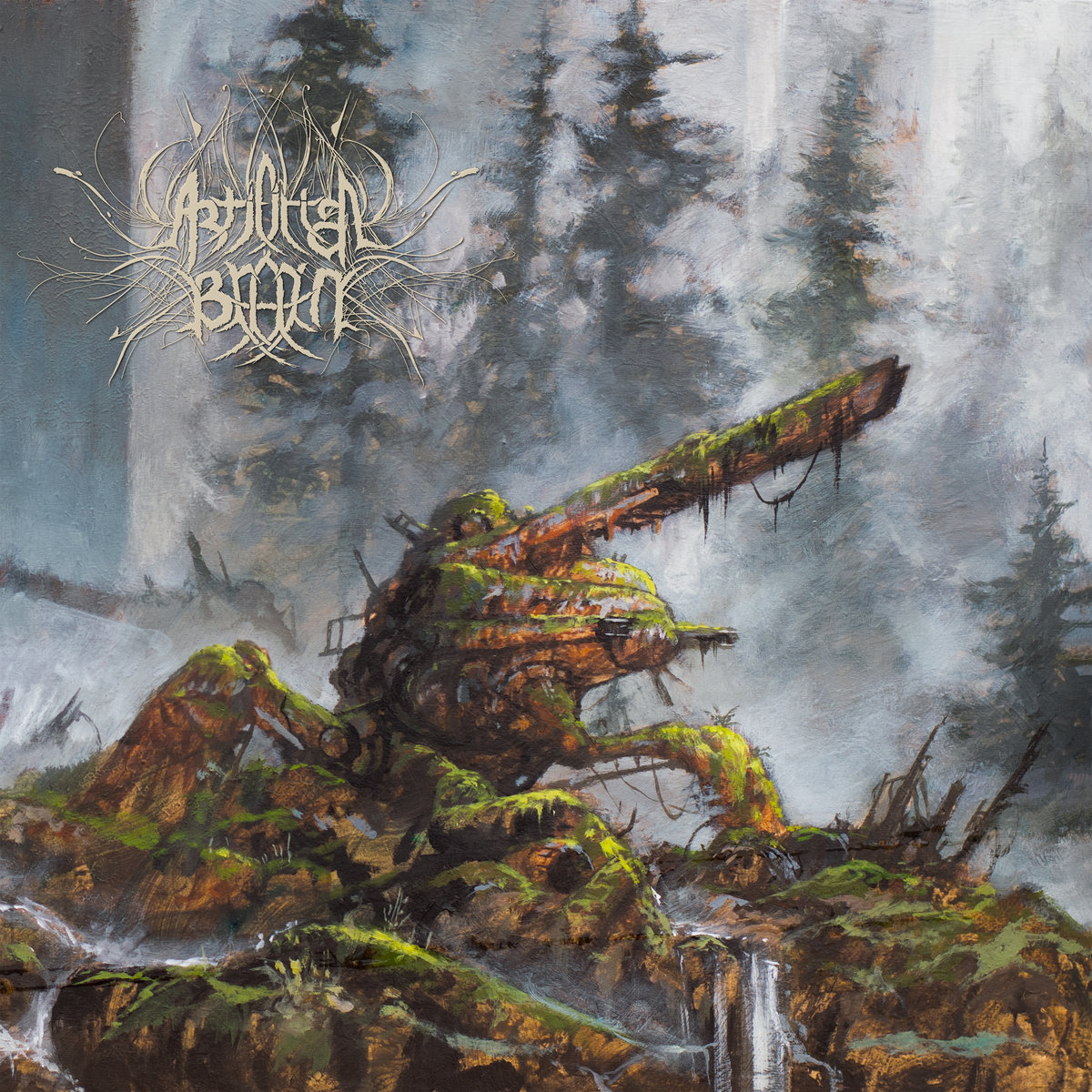
Artificial Brain – Artificial Brain
[Profound Lore]
Artificial Brain have a knack for melding the ferocity of death metal with the darkened incantations of black metal, forging a hypnotic and furious brew of catchy riffs, nuclear beats, and scorched-earth vocals. Their latest record is a further exploration into the sci-fi desolation present on 2014’s Labyrinth Constellation and 2017’s Infrared Horizon, but feels far denser and more unpredictable than its predecessors.
What really stands out about these songs is their tendency to get stuck in your head all day – most metal bands forget that melody and (dare I say) pop construction benefits the metal foundation. And on songs like “Glitch Cannon” and “Tome of the Exiled Engineer”, the band creates some of its most accessible music to date, although the tempos and amplitudes are still likely to scour the paint off your walls. – Joshua Pickard
Artificial Brain by ARTIFICIAL BRAIN

Battle Ave. – i saw the egg
[Friend Club]
Battle Ave. make very understated, and some may argue, unremarkable music. This is not to say it is mediocre by any means — just very modest. It’s music that passes through the ears without much force, but, when given the chance, the storytelling of Battle Ave. hits the heart like a ton of bricks. This is particularly true with the band’s latest record, i saw the egg, which weighs with such depressive emotion that it’s quite the miracle Battle Ave. are able to contain these stories of heartache within its subtle alt-country, emo-tinged environment. Give it a try; you might be surprised that barebones indie rock can still hit the spot in 2022. – Kyle Kohner
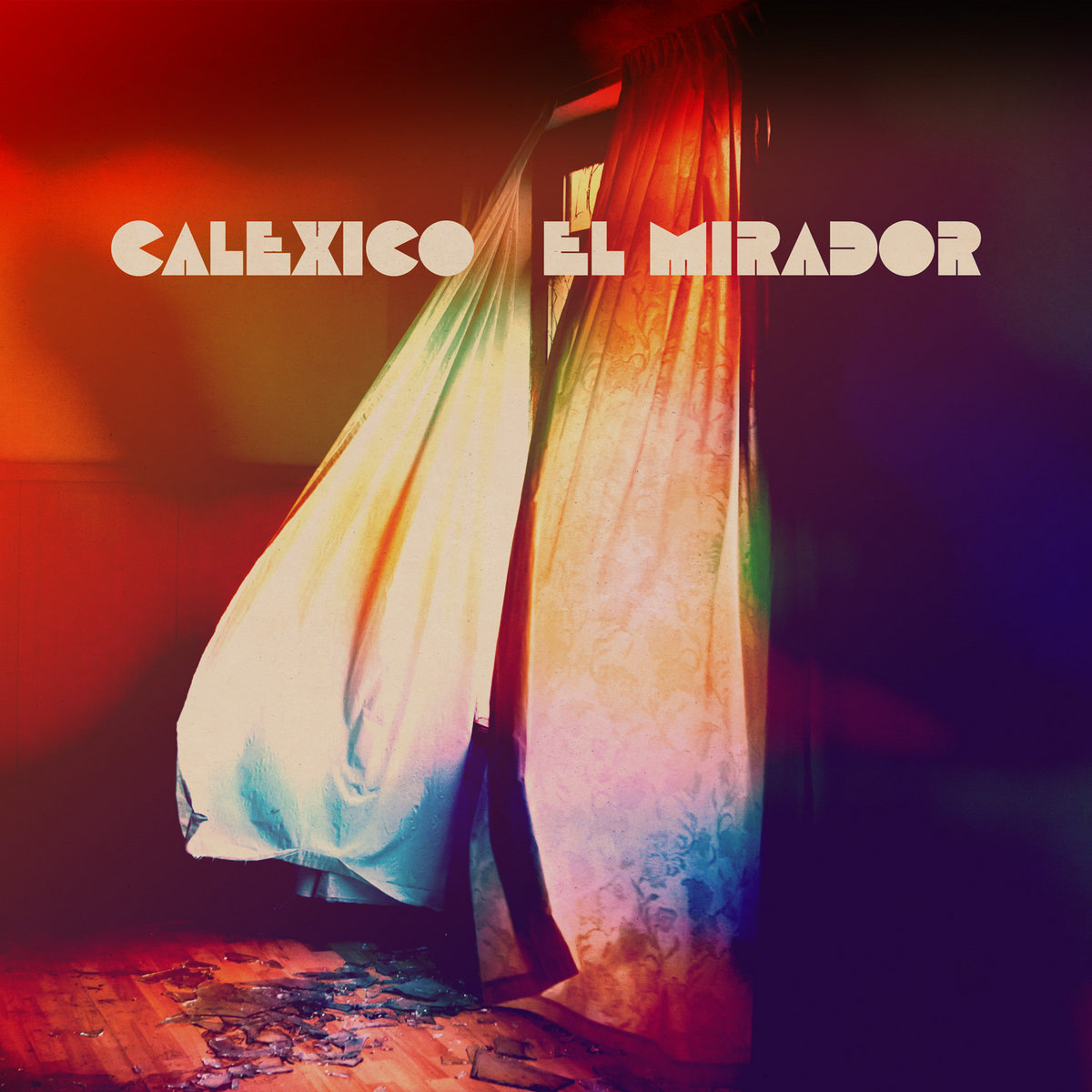
Calexico – El Mirador
[City Slang]
From the very first time I heard Calexico’s debut album Spoke, I knew that they were wanderers and likely caked in dust with the sun constantly at their backs – at least that’s how I pictured them. Through the years, this initial image has only slightly shifted, allowing for subtle, but necessary, variations through their career. With El Mirador, their 10th studio album, you can practically feel the sun beating down on your exposed neck as the smell of hot dirt drifts into your nose. “Harness the Wind” is plaintive in its poppy ruminations and glistening guitar notes, while “Rancho Azul” measures its acoustic momentum against “a veil as black as the night” and a “red bird’s song in the morning”, using contrasting images to document their own progression from those earlier years. El Mirador is the work of band comfortable in maturity, able to use it in service of exploring a unique viewpoint detailing their own tangled history. – Joshua Pickard
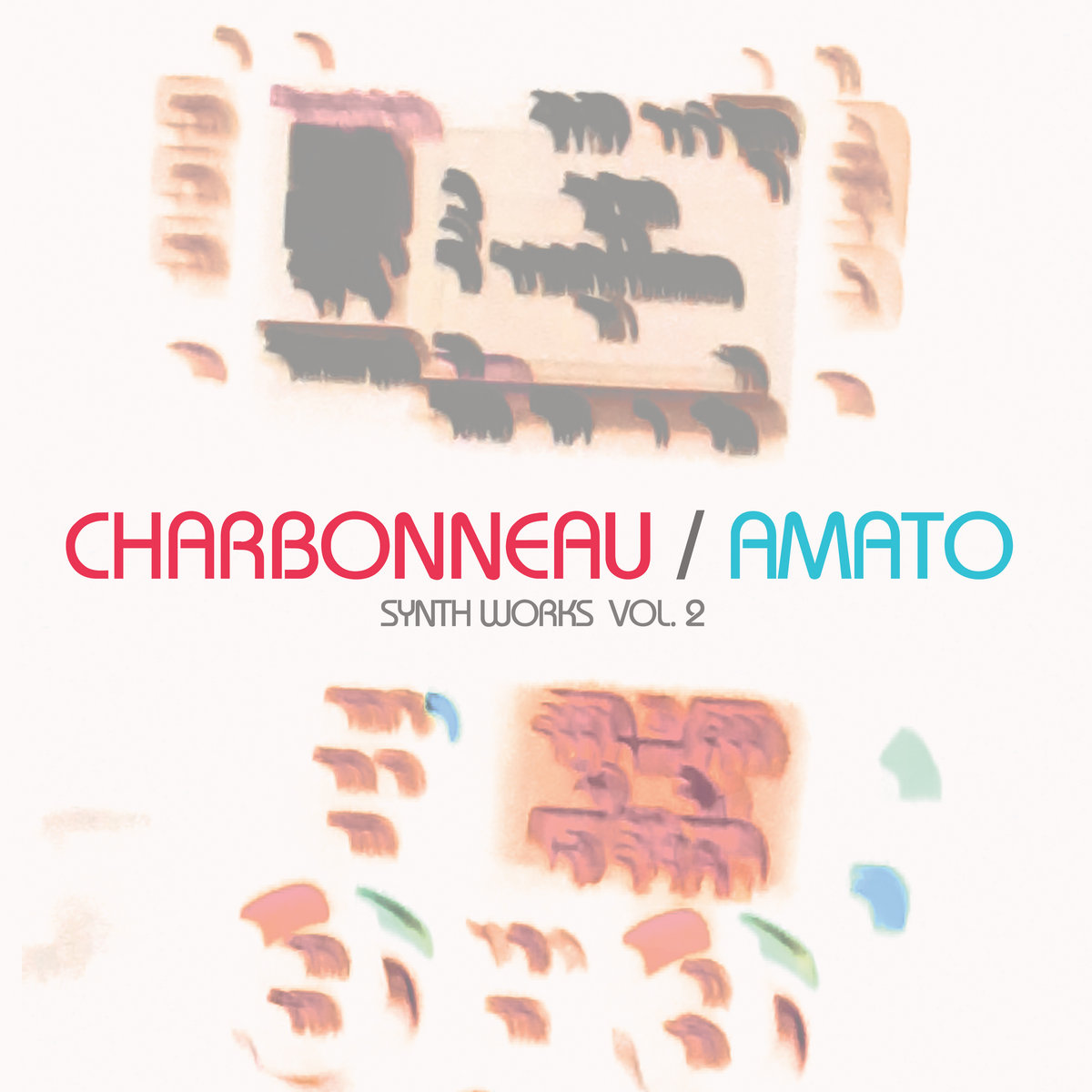
Charbonneau / Amato – Synth Works Vol. 2
[Backward Music]
On their second record of unassuming synth music, Mathieu Charbonneau and Pietro Amato (Charbonneau / Amato) wanted to put the focus on melody and mood. Holed up for a week together and recording most of the album live (literally the week before lockdown hit in 2020), the duo hit on something that tickles just the right parts of your brain.
“Évaporations” trickles and glistens, like water gently moving down a stream in the sunlight while the ripples on “Light Memoir” shimmer in a similar fashion. On the final two tracks they delve into darker hues too, with the industrial jitter and light clatter of “Repère Hypnotique” and dawny swampiness of closing track “As Fragile Ghosts”. At 32 minutes, these explorations aren’t longer than they need to be, but in the right mood they can feel like the right small dose of synth music that somehow manages to sound strangely organic at times. Above all though, this is active ambient music: it grows around you without drawing attention to itself and before you know it you are no longer in a grassy field, but instead in a full forest of life and colour. – Ray Finlayson
Synth Works Vol.2 by Charbonneau/Amato
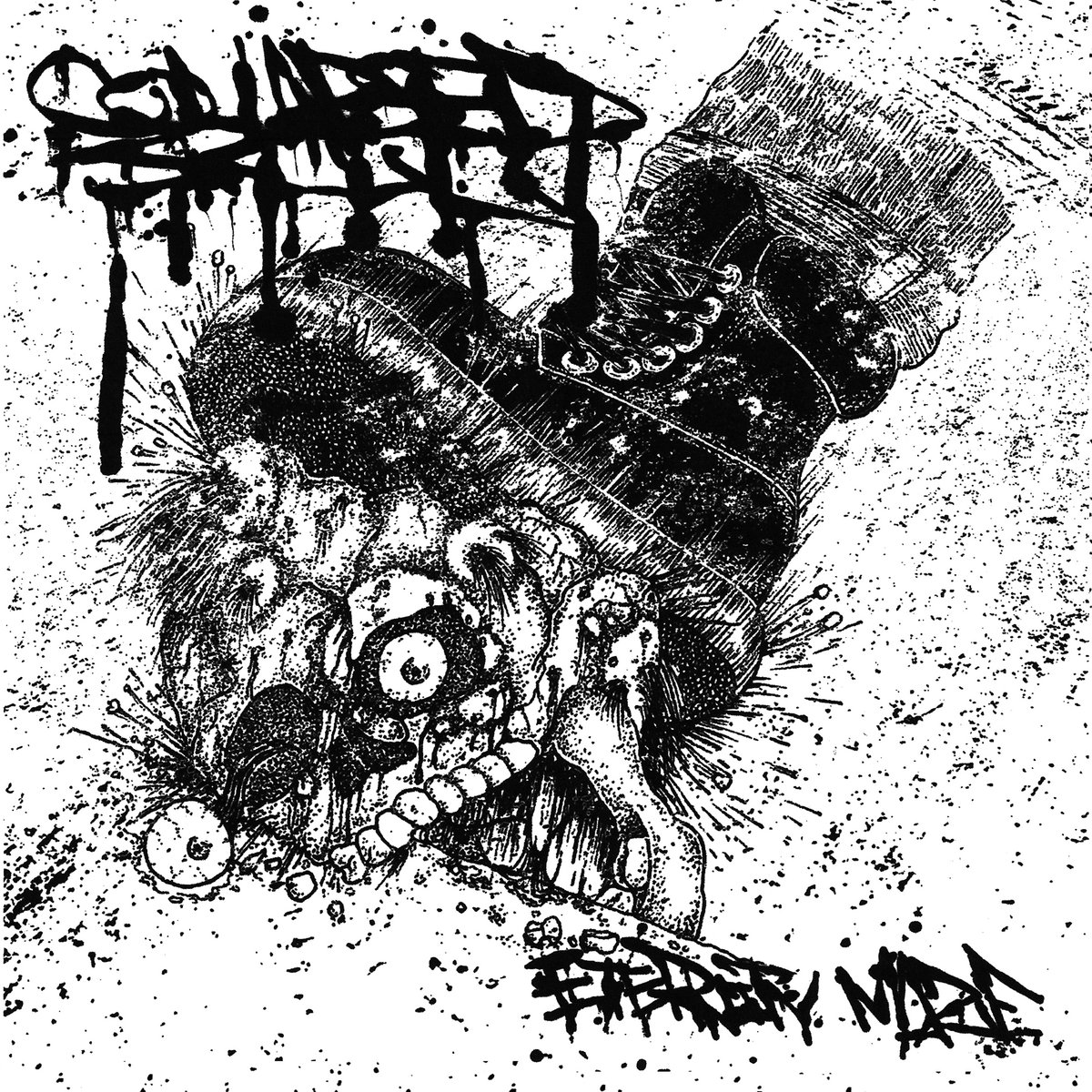
Collapsed Skull – Eternity Maze
[Deathwish, Inc.]
Sure, it’s only 11 minutes, but Eternity Maze from Collapsed Skull does so much damage in those 11 minutes. A side project for Full of Hell’s frontman Dylan Walker, these songs continue to revel in the full-frontal aggression and powerviolence impulses that marks his other band, while also crafting an oddly experimental lens through which these grinding rhythms can be projected.
“Bone Fragments” is a scorched Earth whirlwind of thrashing guitars and growling vocals that evolves into a strange mass of hip-hop samples and squiggly aberrations. “Lamb with Knife” infuses their crushing presence with staticky flourishes, while “Illusory Infrastructure” comes across as something that MF Doom might have created on a diet of Napalm Death and early Swans records. Still, with all the wild musical tangents here, Collapsed Skull delivers a slab of monumental metal that leaves a miles-long path of destruction in its wake. – Joshua Pickard
Eternity Maze by Collapsed Skull

Elephant Gym – Dreams
There’s been a distinct style popping up around international indie circles for the past decade that I don’t know exactly how to label. It’s large parts math rock, but also heavy jazz fusion and post-rock influence. (Maybe the quickest description is “bands who really liked toe’s For Long Tomorrow”.) One of the brightest players in this scene right now is Taiwan’s Elephant Gym, here with their third full-length.
In a style that can easily risk sounding showy or overbearing, Elephant Gym’s playing is intricate and precise, yet inviting, direct, and melodic, and knows when to give a breather for a solo piano or acoustic guitar track. Their playful, jazzy sound lays a bedrock able to support an impressive stylistic range in a brisk 41-minute album: there’s the bossa nova of the opener, a pure 70s prog-rock synth solo (“Dream of You”), multiple songs with guest vocalists, and even a symphony orchestra (“Wings”) and traditional folk drumming troupe (“Deities’ Party”). It’s exciting to hear a band expand their sound this much, especially when it leads to their best album yet in the process. – Josh Sand
Dreams by Elephant Gym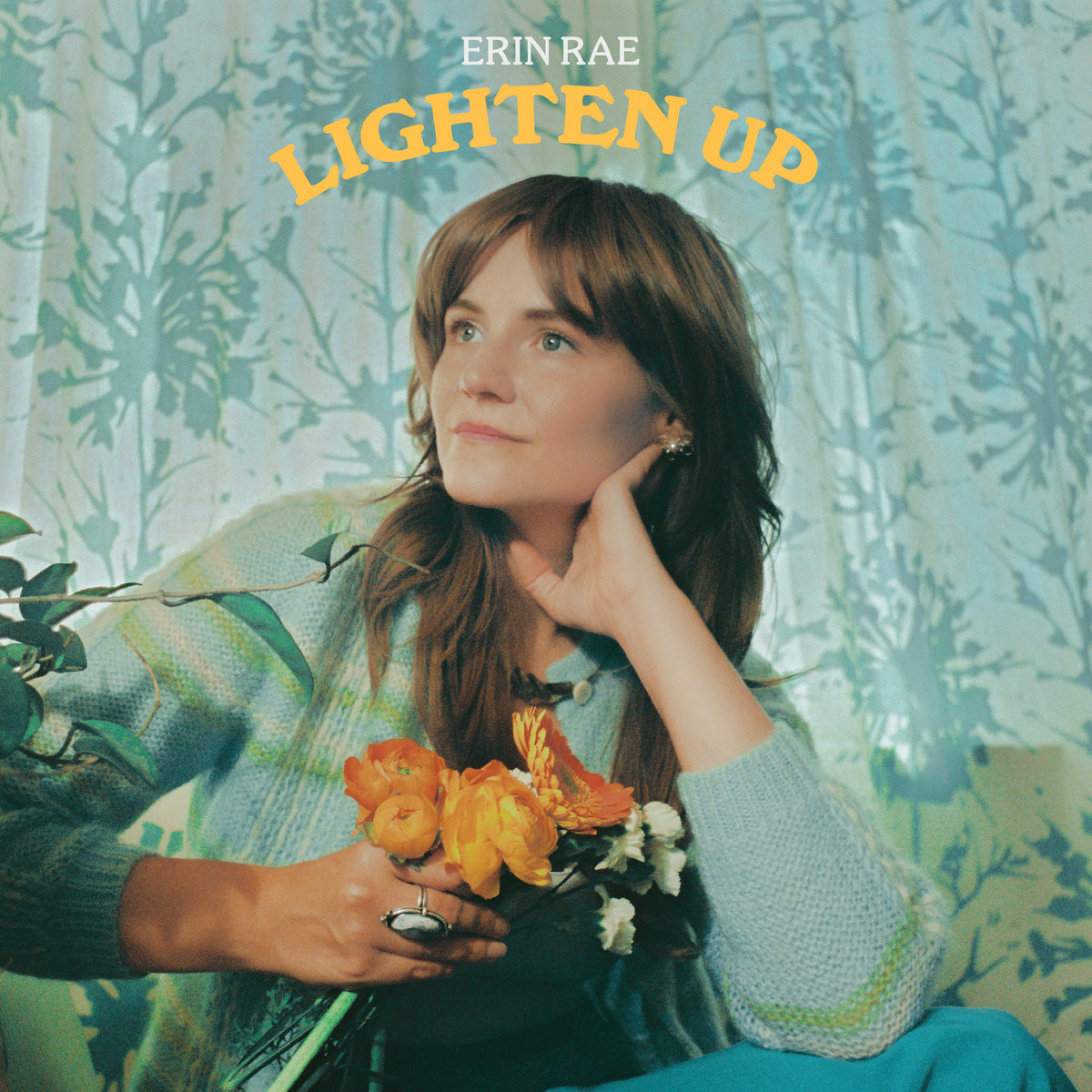
Erin Rae – Lighten Up
[Good Memory]
With 2018’s “Wild Blue Wind”, Erin Rae crafted one of the best songs of all time; a timeless country-folk ode to the struggles of trying to forge a better life for one’s self. On her sophomore effort Lighten Up, Rae makes 12 more endlessly pleasant, country-folk numbers that tackle universal truths with precision and an unmistakable personal edge. Here, Rae’s ambitions are bigger and bolder, but the homespun authenticity of her debut remains.
Lighten Up is that rare album that can be described as both hard-hitting and easy listening; perfect as a balm to an acutely painful breakup or as a soundtrack to summer nights spent with friends on the porch watching the sunset. – Tom Williams
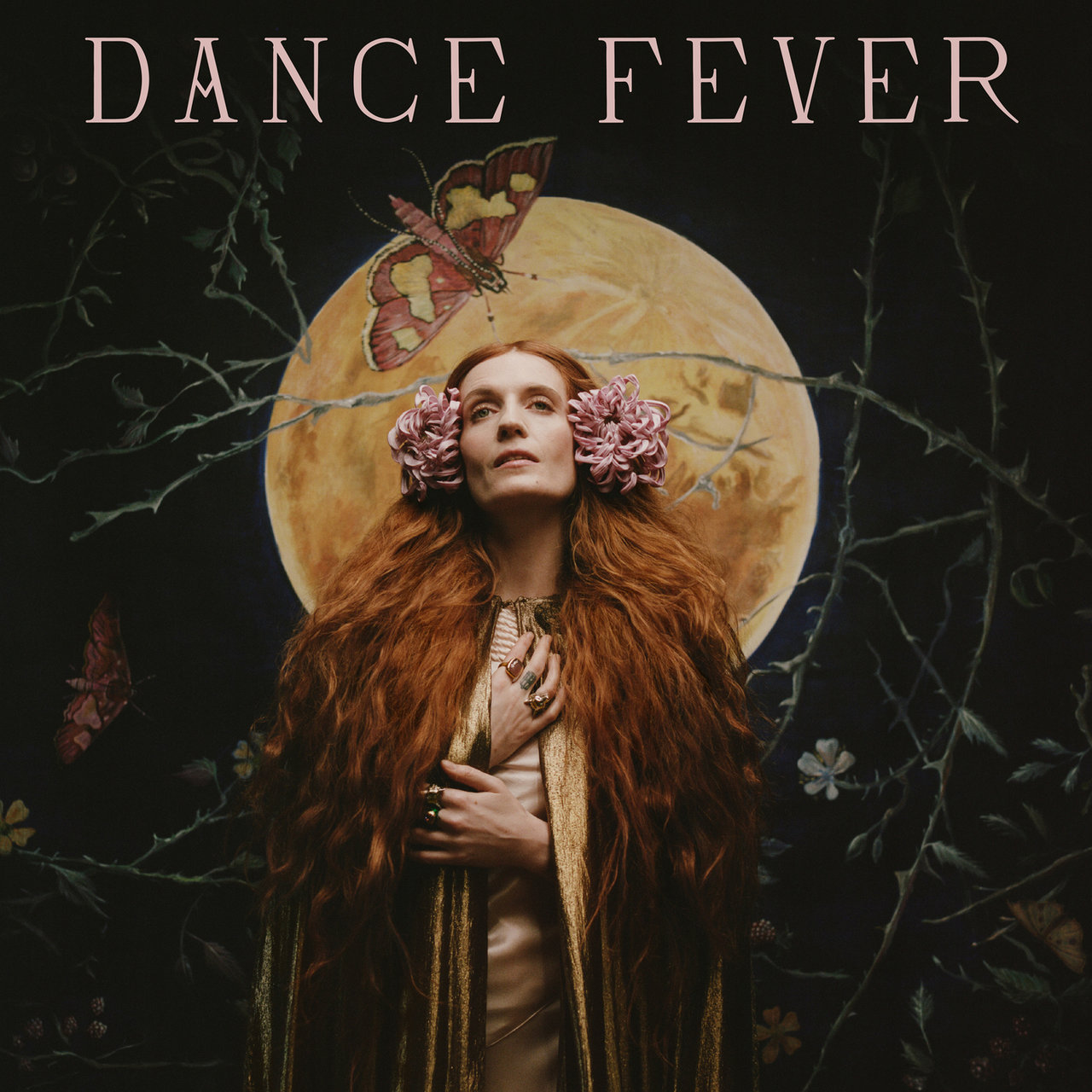
Florence + the Machine – Dance Fever
[Polydor]
Admittedly, my interest has waned with each passing release from the great Florence Welch and her boisterous, baroque pop machine. So to say Florence + the Machine‘s latest, Dance Fever, snuck up by surprise would be short-selling her glorious return. Produced by indie-pop kingpin Jack Antonoff, Dance Fever grins with a radiant smile and the same cathartic spirit that made her so beloved years ago. Florence is self-assured and victorious for the first time in a long while, and the music surrounding her voluminous voice, even more so. – Kyle Kohner

GGGOLDDD – This Shame Should Not Be Mine
[Artoffact]
There’s nothing easy about This Shame Should Not Be Mine, but nor should there be. GGGOLDDD’s latest album is entirely focused on singer Milena’s rape at age 19 – a traumatic event that can never be washed away or buried. Instead, she carries it around like armour, permanently weighing her down and keeping others out – a metaphor made reality on the excellent front cover of the Dutch band’s new album (although getting in and out of that suit sounds like more pain than it might have been worth, as told to our Jasper Willems in this excellent interview with the band).
Appropriately, the sounds on This Shame Should Not Be Mine are heavy; industrial beats bubbling out of ink black atmospheres, cut through with sidewinding guitars – but always with catchy melodies riding over the top, reminding us that there is a tender human soul at the centre of all this pain. These louder sounds aren’t to accentuate the horror of the experience, but to give fire to the fury that Milena feels all these years later – she shouldn’t feel ashamed that this happened to her, but she does, and she’s now speaking out about it with scorching honesty and anger.
Of course, there are horrific moments in here, but they’re managed artfully; the singer contrasting the beauty of the outside world with the pit of emptiness that exists inside her. “You called me sunshine / Your tore me down” she sings on “Strawberry Supper”; “outside, flowers claim it’s Spring” she intones on the despondent “Spring” – it’s no wonder she wants to “shower till my skin comes off”.
A heavy listen, undoubtedly, but the way that GGGOLDDD handle the situation both honours Milena’s experiences and draws the listener into her mindset, now some years removed. In listening, we feel compassion, righteous anger and surprising togetherness – This Shame Should Not Be Mine is the soundtrack for fighting back against oppression from pig-headed, selfish and unforgivable people the world over. – Rob Hakimian
This Shame Should Not Be Mine by GGGOLDDD

Hikaru Utada – BAD MODE
[Sony]
A forlorn yet comforting odyssey, J-Pop icon and artist Hikaru Utada’s new album BAD MODE proves another masterpiece in their discography. Insular and introspective, the album finds Utada on a multi-pathed quest to find their strength against so much worldly and personal turmoil. Created with an array of producers including Floating Points, A.G. Cook, Nariaki Obukuro and yes, even Skrillex, BAD MODE incorporates moody electronica, jazzy instrumentation with, naturally, a pop backbone, to explore Utada’s vulnerability in a volatile world that always contains a glimmer of hope.
The album’s opener and title track, for example, finds Utada extending their comfort to a depressed friend by offering half a Diazepam and rolling one up. Over a groovy instrumental of glinting piano, synths and drums, such an opener already opens up the primary themes of mental health and wellbeing. “Face My Fears” – a song written for the Kingdom Hearts soundtrack – fits the tracklist perfectly as an inspirational ode to overcoming difficulty; while the gentle, lo-fi “Not In The Mood Today” incorporates a nursery rhyme (“Rain Rain, Go Away”) and gives it a pathos-leaden twist as Utada acknowledges their exhaustion over a world going by too fast.
All-English track “Find Love” is another highlight that has Utada looking inward, in that awkward space where you crave affection and romance but there’s still work to be done on yourself. They detail their ability to shoulder burdens without necessarily processing them (“Though I took whatever came my way / I’m paying for it now baby”) and that they could stand to be more guarded (“So I gotta watch out / Who I share my affection with”). Undoubtedly the bop of the album with its upbeat and addictive synth patterns, this is still deceptively laced with sadness that Utada’s brilliant melodies can’t quite disguise.
The capstone of this album however is the glorious finale “Somewhere Near Marseilles”: an almost 12-minute trance-electronic opus that doesn’t feel its length. Instead, it is a rather hypnotic ode to accepting your fears about love but diving in regardless. Even though Utada still has doubts (“Give me something / Strong enough / Maybe I’m afraid of love”), they overcome them to indulge in the spontaneity of romance (“I’m in London / You’re in Paris / So shall we try to plan a rendezvous vacay?”) It is a brilliant and realistic ending to a brilliant album showing Utada hasn’t quite resolved everything inside themselves but knows that the only way to progress is to move forward and take a risk. It might pay off. – JT Early

Hitsujibungaku – our hope
[F.C.L.S.]
Once again illustrating the still all too present disconnect between Western listeners and Asian music, Hitsujibungaku are popular in their native Japan, yet somehow virtually unknown outside of the country. It’s too bad, because the band deal in the sort of dreamy indie rock that many music listeners gobble up readily. Mellow more often than not, it traverses a peaceful landscape of idealism and hope, yet it manages to convey a variety of moods, from unease to placid moments of lucidity. Worth seeking out for anyone going on about Beach House and the like. – Chase McMullen
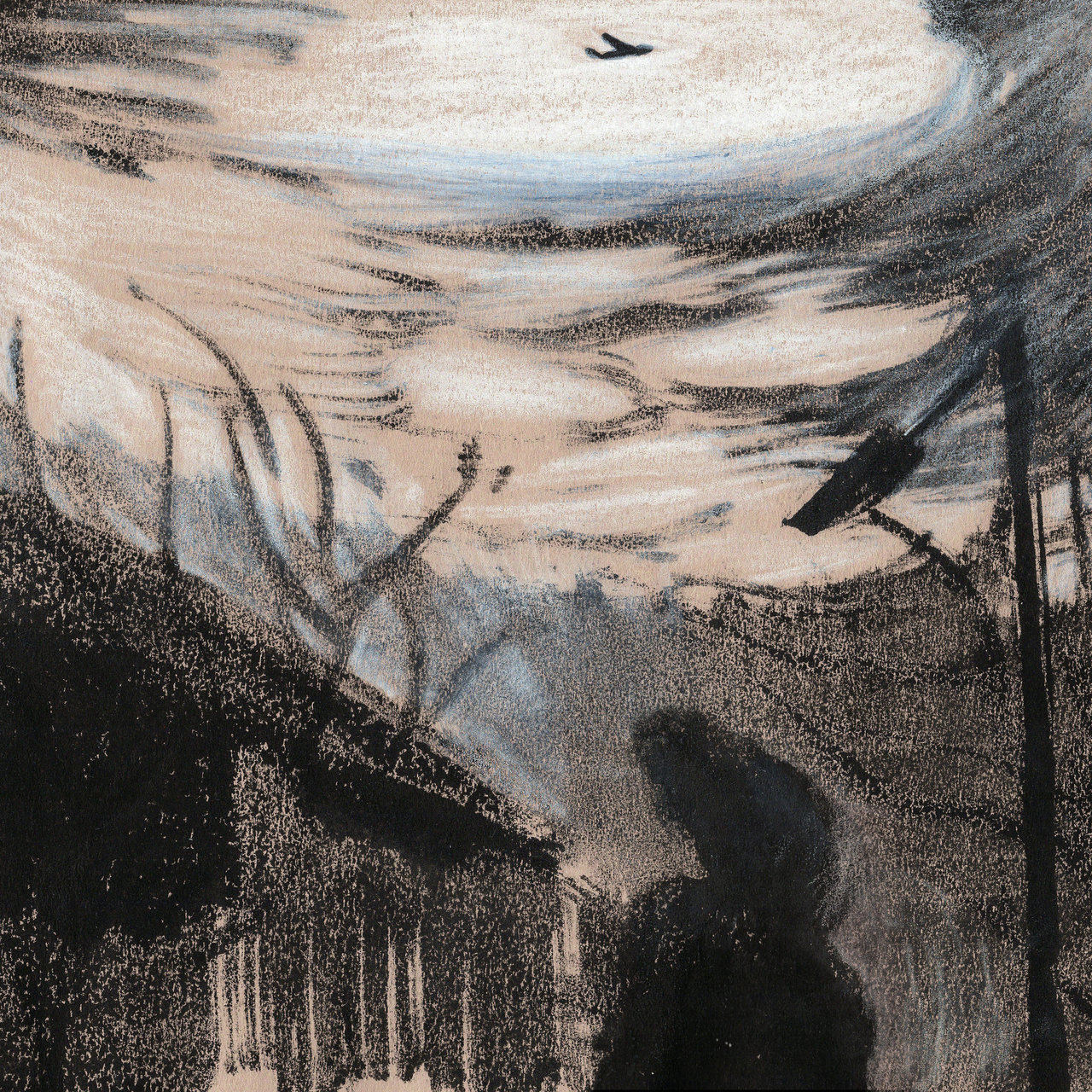
Honeyglaze – Honeyglaze
[Speedy Wunderground]
Recorded across just three days, the eponymous debut album from Honeyglaze is a no-frills effort awash with loose guitar textures and honest, direct songwriting. Eschewing the stark, angular approach of many contemporaries, the South London indie trio wallow in murkier waters, finding moments of humour between the waves. There’s an aesthetic primitivism; a knowing naïvety to Honeyglaze’s style. The songs possess a peculiar charm, one of substance amid aching simplicity – in part due to the unassuming vocals of Anouska Sokolow. Smart, strange and alluring, this is a record that deserves to be explored, rewarding those compelled to traverse its hidden depths. – Eddie Smith
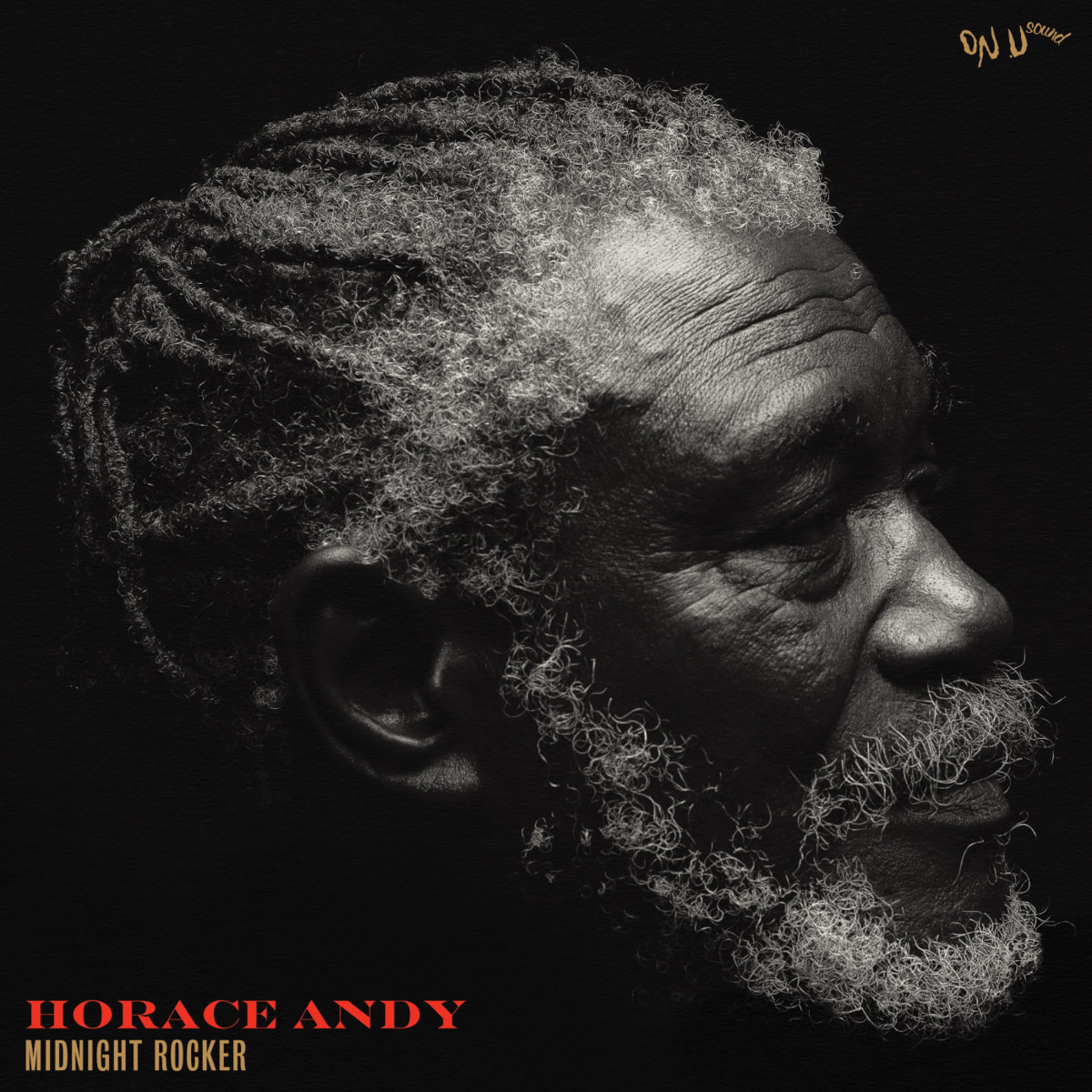
Horace Andy – Midnight Rocker
[On-U Sound]
Horace Andy has a voice that could best be described as possessing the knowledge of a thousand nights and early mornings. And believe me, that is prime revelation time. He uses that singular voice to great effect on his latest album Midnight Rocker, a 10-track collection produced by dub legend Adrian Sherwood that can barely contain the innate power that Andy welds when he’s singing.
From the opener “This Must Be Hell” (a redux of a previously released song) to the closing moments of “Mr Bassie”, another spectre from his past, he turns to love and acceptance as balm for this world’s ailments. Tackling themes ranging from anti-consumerism to personal safety and spirituality, he again highlights reggae’s viability as vehicle for growth and understanding, creating what amounts to a new and adaptable language within the genre. – Joshua Pickard
Midnight Rocker by Horace Andy
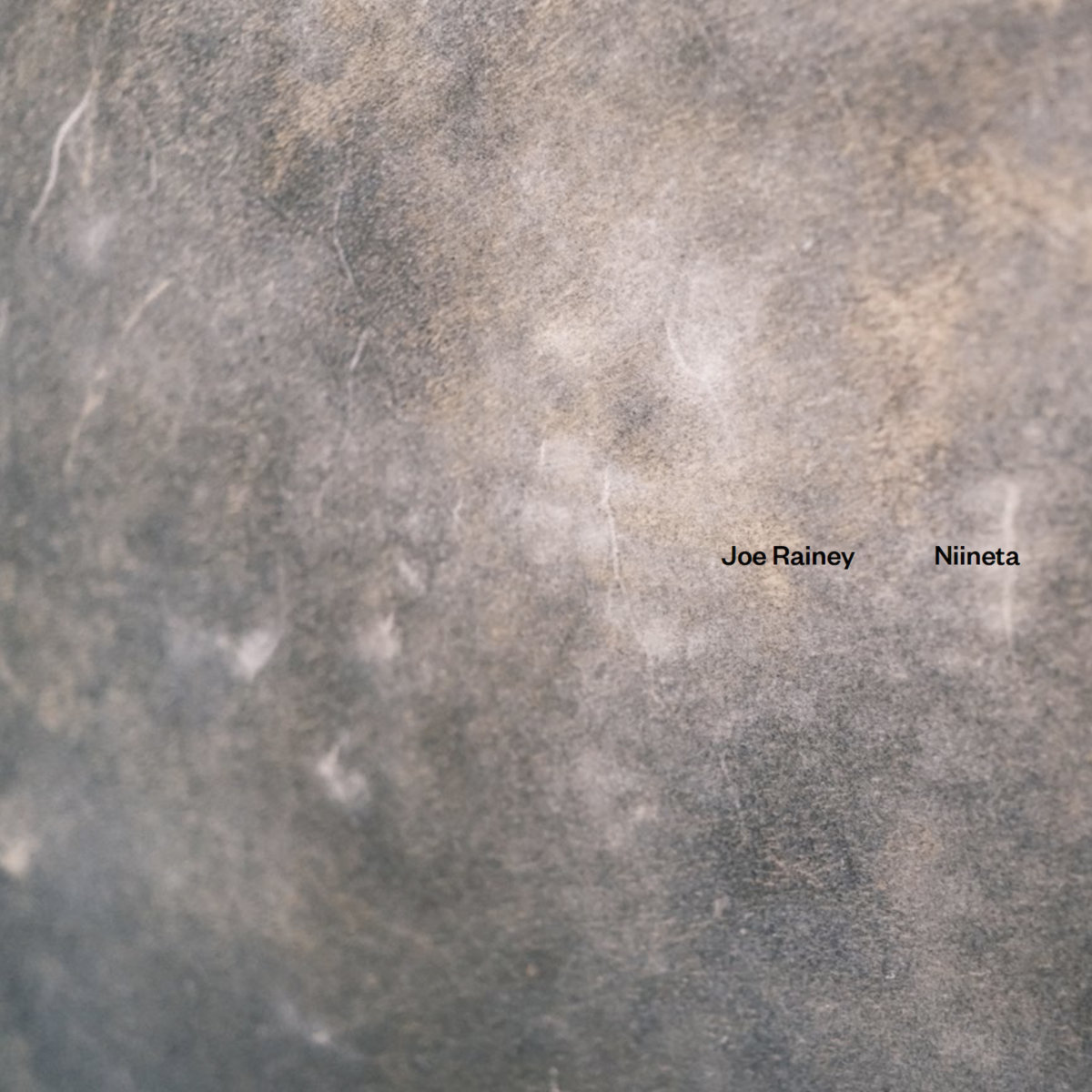
Joe Rainey – Niineta
[37d03d]
On Niineta, Joe Rainey and producer Andrew Broder combine traditional pow wow chants and field recordings with au courant treatments. “No Chants” opens with a distorted drum part, Rainey’s alternately baritone and urgently tenor chant soaked in reverb. “can key” features a vocal palimpsest undergirded by complex beats. As the piece unfolds, string sounds wrap around Rainey’s chant, conjuring an orchestral feel. With “ch. 1222,” Rainey slows his delivery, his more relaxed vocal accented by ghostly textures and a simple, pulsing beat. Throughout Niineta, Rainey’s voice takes center stage and is innovatively contextualized by Broder’s sonic arsenal. The result is a hybridization of the traditional and contemporary, a visionary merger with cultural and political implications. – John Amen

Joy Guidry – Radical Acceptance
[Whited Sepulchre]
Radical Acceptance, like the title implies, is a record of coming to terms with one’s self. Joy Guidry – an NYC-based bassoonist and composer and recent winner of the 2021 Berlin Prize for New Artists – isn’t afraid to reckon with identity and self-love through all the hardships life throws at them.
Beside busy, fluttering, anxious, and cacophonous tracks like “How To Breathe While Dying” and “Inner Child”, there are also peaceful and stilling ambient passages. But, like the title of one such piece (“Face To Face”) suggests, these are just as vital and captivating: it’s a moment for Guidry to stare into the mirror, to take in their whole body and accept that which they are while also dealing with the more tormented sides represented by the full ensemble tracks (where they are joined by a welcome slew of players, including percussionist Jessie Cox, cellist Oli Harris, and saxophonist Alfredo Colon).
“Radical self-love, compassion, laughter” are at the heart of Guidry’s work, and this is no more obvious than on the spoken-word opening track “Just Because I Have a Dick Doesn’t Mean I’m a Man”. Here, Guidry lays out their personal manifesto: this is about black identity, trans identity, and queer identity among many others, but most importanly this fantastic album is about personal identity and seeing one’s self through a lens of love. – Ray Finlayson
Radical Acceptance by Joy Guidry

Julia Blair – Better Out Than In
[Crutch of Memory]
The title to Julia Blair‘s debut album Better Out Than In might just be a silly Shrek reference, but more than likely it’s because it’s Blair’s songwriting ethos. With her indie-Americana style, she favours the path of telling it like it is instead of trying to wrap up everything in a nice, neat package to bring home to your parents.
On opening track “Relax”, she’s rightfully calling out the bullshit excuses from a man trying to get with her (“Don’t tell me relax!”) but on modestly groovy “Fantasize” she’s forthright and direct about what’s on her mind (“I know that you’re a smart boy / but all I want is a sexual toy”). And there’s a barb of dry humour to be enjoyed too, like on the gospel-tinged funeral dirge “Barbara” where she plainly recites, “She would have liked if the kids gathered around…but most of all she would have preferred not to die”.
Better Out Than In might not make the strongest first impression, but spend a little time with it and you’ll see the care Blair has put in across the three years of recording and mixing it took for the album to come into existence. Listen out for the sassy choir and the curious use of autotune distortion on her voice on “Just A Cue”, the sonic bookends on “Wanderin”, or revel in the sentimental strings of closing track “Waste Away”. They are audible footprints of a musician working to say what they want to say and not tidying up the edges for the whims of anyone else. Again, like the title, it’s part of Blair’s ethos. – Ray Finlayson
Better Out Than In by Julia Blair

Kehlani – blue water road
[TSNMI / Atlantic]
Originally envisioned as bonus tracks for a deluxe version of Kehlani’s 2020 record It Was Good Until It Wasn’t, the songs on their latest album blue water road stand completely apart from that previous record. These tracks represent an intimate and slightly woozy look at affection and ageing, as if they’re experiencing the pangs of love and the consequences of maturity for the first time. Where It Was Good… inhabited a darker rhythmic and thematic universe, blue water road finds joy in leaning on love, with moments of both serene introspection and caustic realizations. Opening track “little story” finds them acknowledging her own failings over stretched guitar tones and minimal percussion while “altar”, with its wide-eyed 80s gait, represents a significant shift in approach for their work. It’s a breezy, often maternal, look at what keeps each of us going, whatever that might be. – Joshua Pickard
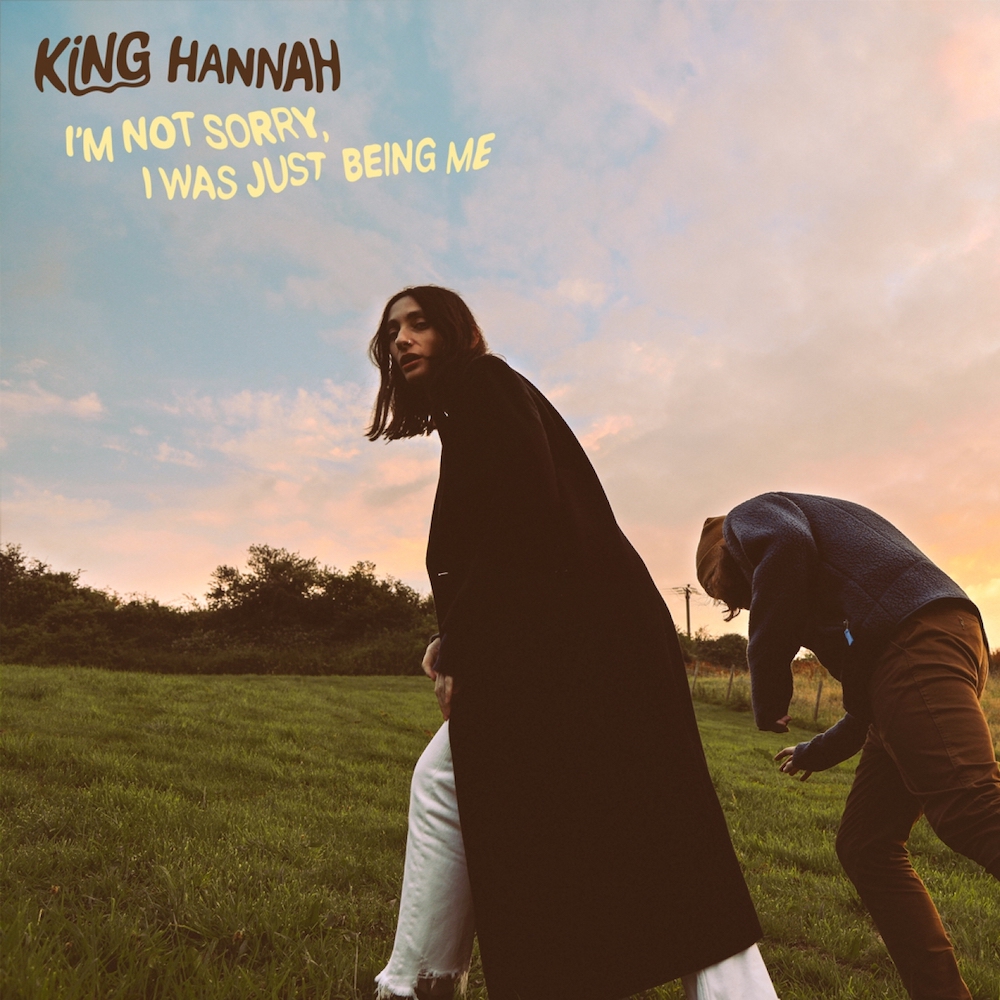
King Hannah – I’m Not Sorry, I Was Just Being Me
[City Slang]
A noirish, foggy night bluesy swagger drapes most of everything on I’m Not Sorry, I Was Just Being Me. The spellbinding debut from King Hannah (Hannah Merrick and Craig Whittle) revels in this misty fuzz, presenting a creeping and increasingly unsettling feeling. As “All Being Fine” progresses it soon sounds unlike its title; with its velvety swagger and rhythm, something ominous feels present in the surrounding haze. That’s Whittle, conjuring an impending storm in the way he does. On the impressionable opening track “A Well-Made Woman” his psych-blues solo gradually builds with increasing tempestuousness.
He’s but one half, and Merrick is the other, the sultry, plainspoken siren that is likely to tangle and lure the ears of many. She’s commanding and devastating, all without ever really raising her voice. Amidst the Portishead-like trip hop of “Foolius Caesar” she intones “you’re acting like a baby” and it feels like a personal remark directed at the listener, while on the seven-minute highlight and centerpiece “The Moods I Get In” she simply utters “I do this for fun.” Despite her candid and sardonic tone, you believe every single syllable.
Indeed there’s humour across the album, from the indifferent takedown of an ex on “Big, Big Baby”, to the half-smirk call and response of “Go-Kart Kid (HELL NO!)”, to just the title of the instrumental interludes “Death of the House Phone” and “So Much Water So Close To Drone”. Sometimes bathed in what feels like thick, syrupy irony, but always wrapped up in that dazed and cloudy drone, the title of the King Hannah’s album speaks for itself: I’m Not Sorry, I Was Just Being Me. – Ray Finlayson
I’m Not Sorry, I Was Just Being Me by King Hannah

Let’s Eat Grandma – Two Ribbons
[Transgressive]
Rosa Walton and Jenny Hollingworth have been through some shit recently, and in its wake comes their formidable third record as Let’s Eat Grandma, Two Ribbons. The sessions for this album were marked by the death of Hollingworth’s boyfriend, singer Billy Cayton, and by their dedication to highlighting all aspects of Rosa and Jenny’s long-term friendship, the good and the bad – which is something they’d never really attempted before.
They’ve created a synth-pop album that smears candy-colored melodies and memorable hooks across some truly dark narrative territory. “Happy New Year” is the closest they come to euphoria, opening the record with a cinematic portrait of expectation and renewal, while others like “Insect Loop” and “Sunday” focus on them dealing with heartache, grief, and how to hold themselves together while things fall apart. Two Ribbons brilliantly captures the search for an emotional equilibrium, a place where we can keep ourselves tentatively balanced between exultation and despair. – Joshua Pickard
Two Ribbons by Let’s Eat Grandma

The Linda Lindas – Growing Up
[Epitaph]
Revelling in their affinity for pop hooks and punk textures, The Linda Lindas released their engaging debut, Growing Up, following on from the viral success of “Racist, Sexist Boy”. With “Fine,” the LA-based quartet veer into 90’s-inspired punk. “You think it’s fine / it’s not fine,” they sneer, backed by crunchy guitars and staccato drums. “Talking to Myself” features the band reworking bubblegum templates. On the Spanish-language “Cuántas Veces”, the band embrace a more sober take on the crippling effects of anxiety, ending the tune with self-affirmations. The aforementioned “Racist, Sexist Boy” closes with wiry riffs, oscillating between teen buoyancy and dive-bar surliness. Though young (members range from 11 to 17 years of age), The Linda Lindas display a remarkable pop-fluency and a proclivity for high-energy performances. – John Amen
Growing Up by The Linda Lindas

Lou Roy – Pure Chaos
[Balloon Machine]
In a different universe, Pure Chaos wouldn’t live up to its title. After being churned through the music industry in an experience that left Lou Roy in a state where her “confidence and self-esteem were absolutely in the toilet”, she bounced back after down time to make the album she was ready to make and that encapsulated her own self.
Pure Chaos is a 24-minute swerve through a variety of landscapes, Roy embracing the record’s titular pandemonium. She’s self-referential on the pitch-warped “Scroll” (“I could play guitar and sing / Hey – hey look I’m doing it now”), capturing what feels like an off-the-cuff moment that’s toyed with in the studio thereafter. On bonus track “Talkin’ To Ya” she’s just as silly, observing, “Maybe I’ll write my hit song tonight” before following it up with a wry “HA” in the background.
Produced by Sarah Tudzin of Illuminati Hotties, Roy was encouraged not to edit her lyrics just for the sake of a song feeling tidier or less embarrassing. Pure Chaos might jump from style to style with each song, but that’s in its nature: it goes from the indie-pop rocker “Uppercut” to the glassy percussion of “Big Anvil” to the Phoebe Bridger-esque “U.D.I.D” to the unexpected sentimentality of “Dream” with its glossy strings, desert rock guitar, and ambling whistling. This is the album of a big personality that finds no shame in jumping from pool to pool, sampling all the flavours of ice cream, and using all the instruments at hand in the studio. It’s a small shard of personal chaos, but we should be thankful we’re in the universe where the album lives up to its name. – Ray Finlayson
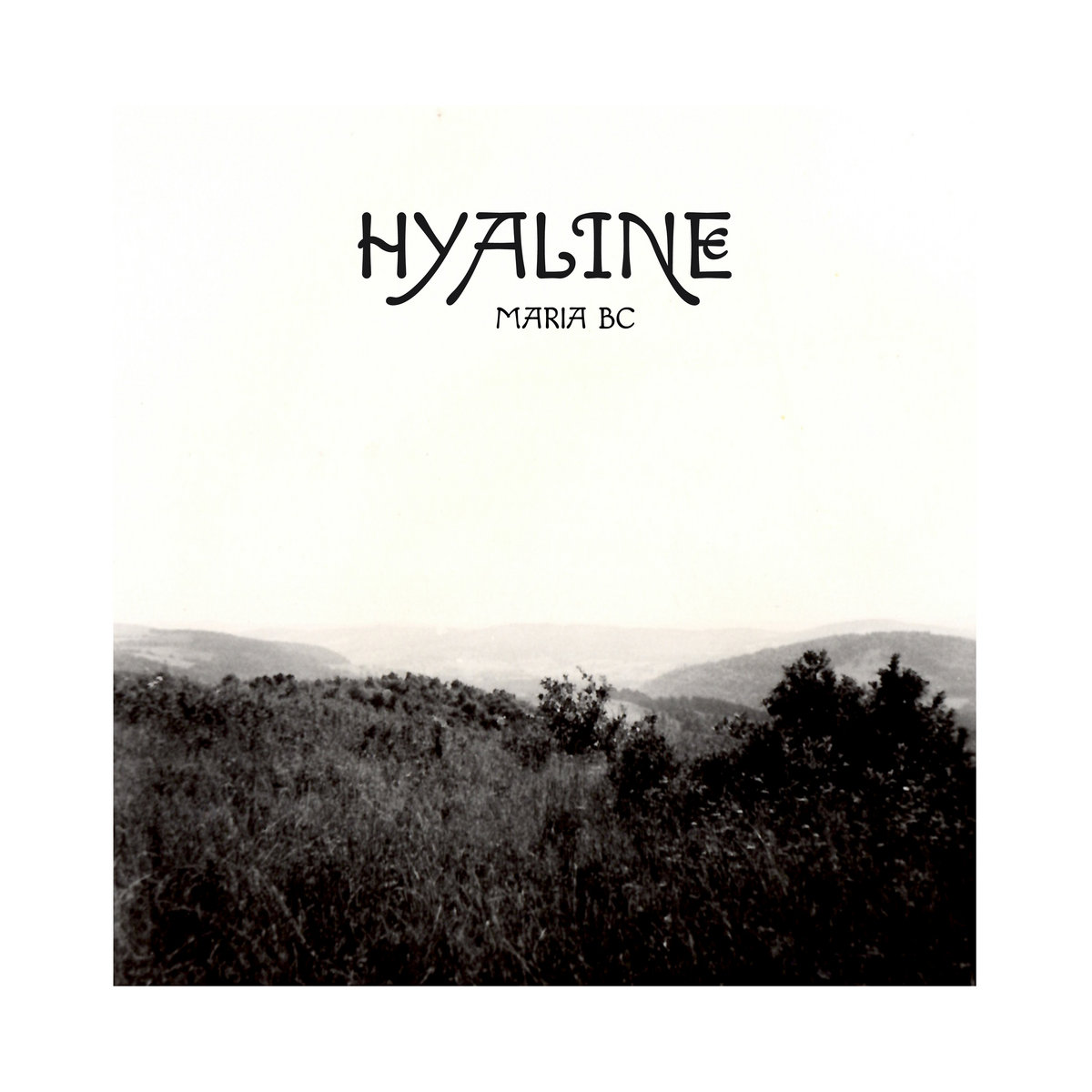
Maria BC – Hyaline
[Father/Daughter / Fear Of Missing Out]
There’s an unusual austerity to Maria BC’s debut album, Hyaline, making it resistant to snap judgments and quotidian characterizations. Look further in its craggy recesses, however, and you’ll find a collection of songs practically bursting with life and experience – the kind of record that doesn’t really explain as much as it is reveals. And what it reveals is solitude, discrepancy of memory, and bittersweet history.
Their songs are stripped-down and skeletal at times, with the recording taking place solely within the confines of their apartment. Ghosts abound here, as heard on opener “No Reason”, with the line “life is heavy, begging to be moved” serving as an opening salvo into a collection that favors barbed reflections and phantom recollections. Album highlight “Betelgeuse” rises on a voice, a guitar, and some strings, blooming into an ethereal expression of collapsing emotion before passing back into the shadows. There’s an almost voyeuristic feel to Hyaline, and it seems in poor taste to be this close to their heart. But it’s been offered, and once heard, it’s impossible to turn away. – Joshua Pickard
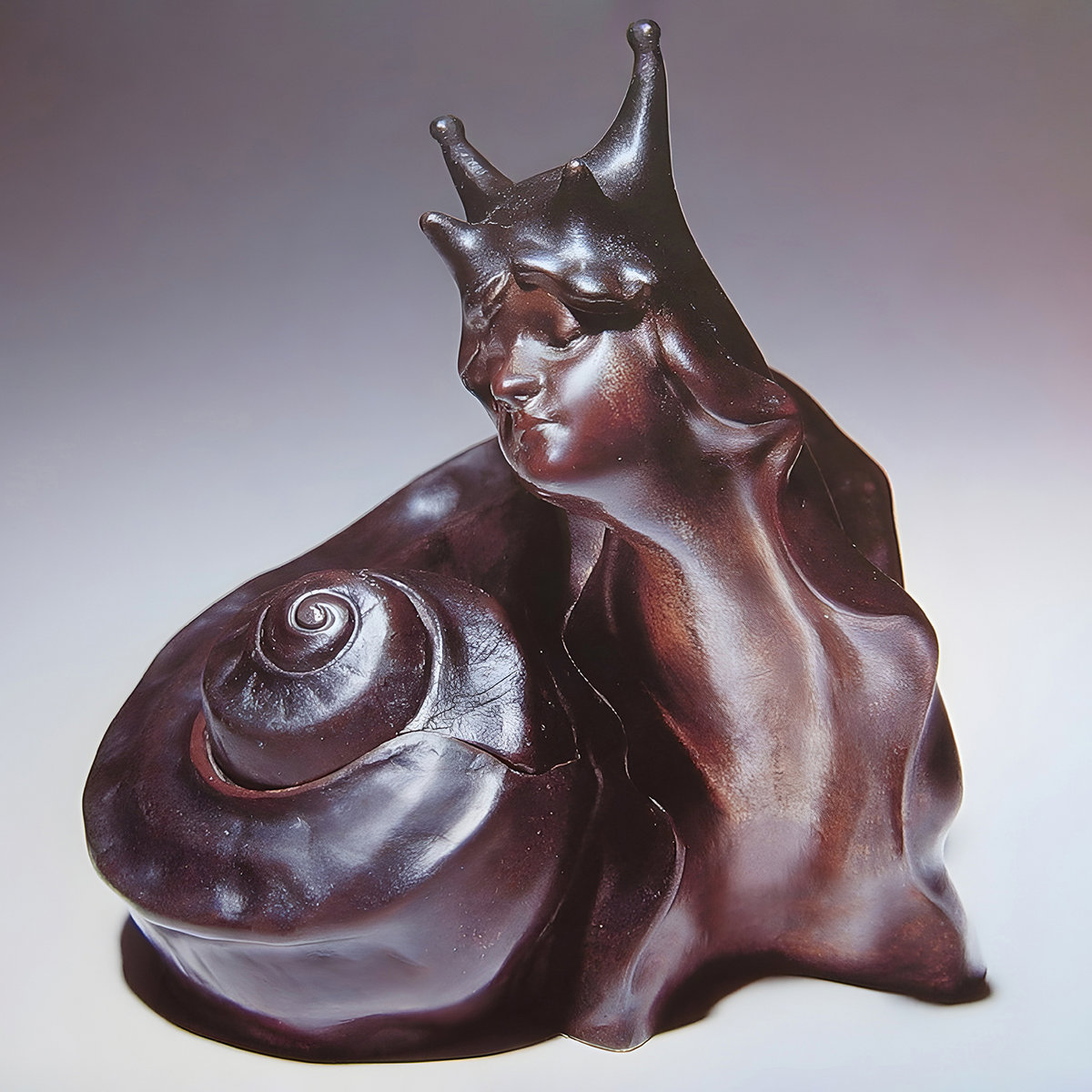
Marina Herlop – Pripyat
[PAN]
Talk about a level up. Pripyat may be Marina Herlop’s third album, but it feels something akin to an arrival. Her voice, more than ever before, is a definitive instrument, stretched and pulled, warped and honed, even without the backing piano and electronics it’d make for compelling listening. She can revolve from hopeful to ominous in a breath, and has somehow produced an album both abstract and inviting, beguiling and compelling. One of the year’s most intriguing, unusual detours thus far. – Chase McMullen

Melody’s Echo Chamber – Emotional Eternal
[Domino]
I don’t know why I always return to food when listening to Melody Prochet’s beautiful music as Melody’s Echo Chamber. The narrative goes somewhat like this: while her debut was like a bowl tropical fruit salad, and her follow up Bon Voyage was a glass filled with multi-colored jelly beans, Emotional Eternal is like a panna cotta with raspberry sauce, or a silk-white cake with strawberries. It’s airy and lofty, almost like a perfume, a crème that is not overly sweet on your tongue.
Accompanied by a series of animated futuristic fantasy videos, the third record from the French psychedelic musician is one of this year’s most riveting summer albums, blossoming with each subsequent listen into one of 2022’s most memorable releases. It’s music for bedrooms and meadows, songs to fall in love with. It’s hard to put into words, because it’s so emotionally resonant and in all its subtle glory also very adventurous, sporting excursions into funk (“Pyramids in the Clouds”), flirting with Radiohead-like guitar structures and featuring whale and dolphin noises (“The Hynotist”). It’s proof Prochet is miles ahead of her psychedelic contemporaries. – John Wohlmacher
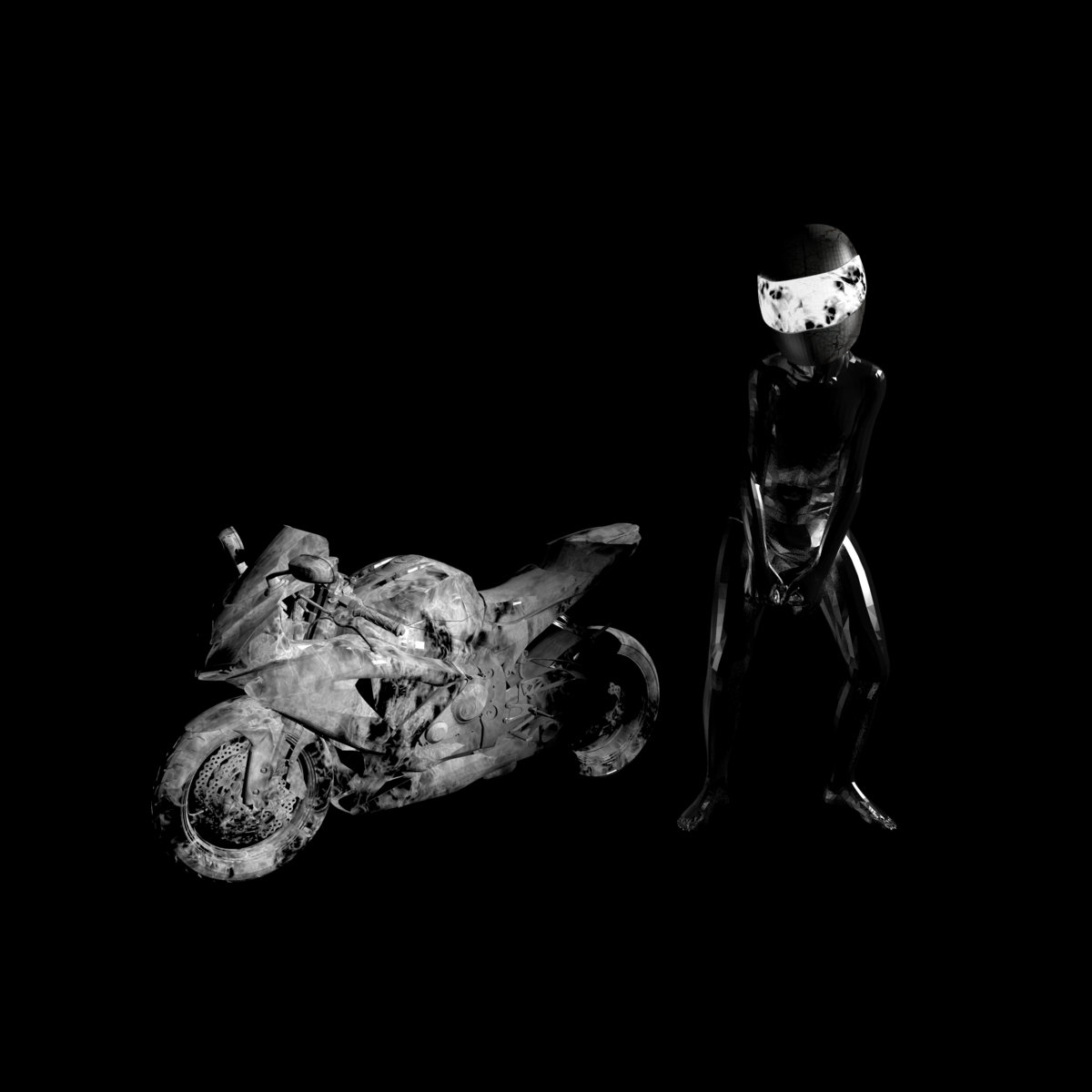
MJ Lenderman – Boat Songs
[Dear Life]
A haunted hybrid of Jason Molina and Daniel Johnston, the sophomore record from MJ Lenderman – guitarist for the Asheville, North Carolina outfit Wednesday – captivates with quaintness and an unassuming sense of humor that would even make someone as wry as David Berman blush. Underwritten to charming effect, Boat Songs embraces a lo-fi drawl that gives new meaning to shoegazey slacker country — yes, that’s a thing in our wonderful world of boxes and labels. But most impressive is Lenderman’s Twain-like storytelling that drives to the heart of the disillusioned American spirit. Play it loud or quiet; Boat Songs will surely make you laugh, cry, or both. – Kyle Kohner

PLOSIVS – PLOSIVS
[Swami]
There was a time when Rob Crow was everywhere in indie music. If he wasn’t jamming with with Zach Smith in Pinback, he was offending the masses with Goblin Cock or most recently Anal Trump. His prolific days firmly in the rearview, Crow’s latest project, PLOSIVS, is an immediate throwback to his heydays with those early raw Pinback releases.
Equal parts indie and hard rock, PLOSIVS goes down harder than any project Crow’s been associated with in recent memory, while still maintaining a semblance of balance and poise. Chaotic ramblers like “Never Likely” are easily juxtaposed with rhythm-centric bangers like “Thrown Clear”. It’s legitimately quite refreshing to hear Crow singing with so much conviction again given that the last Pinback record was way back in 2012, and the future of that classic project perpetually in limbo. PLOSIVS may not be as experimental as some of his other ventures, but it’s a guitar-centric indie rock album in its purest form, and that’s all it needs to be. – Tim Sentz
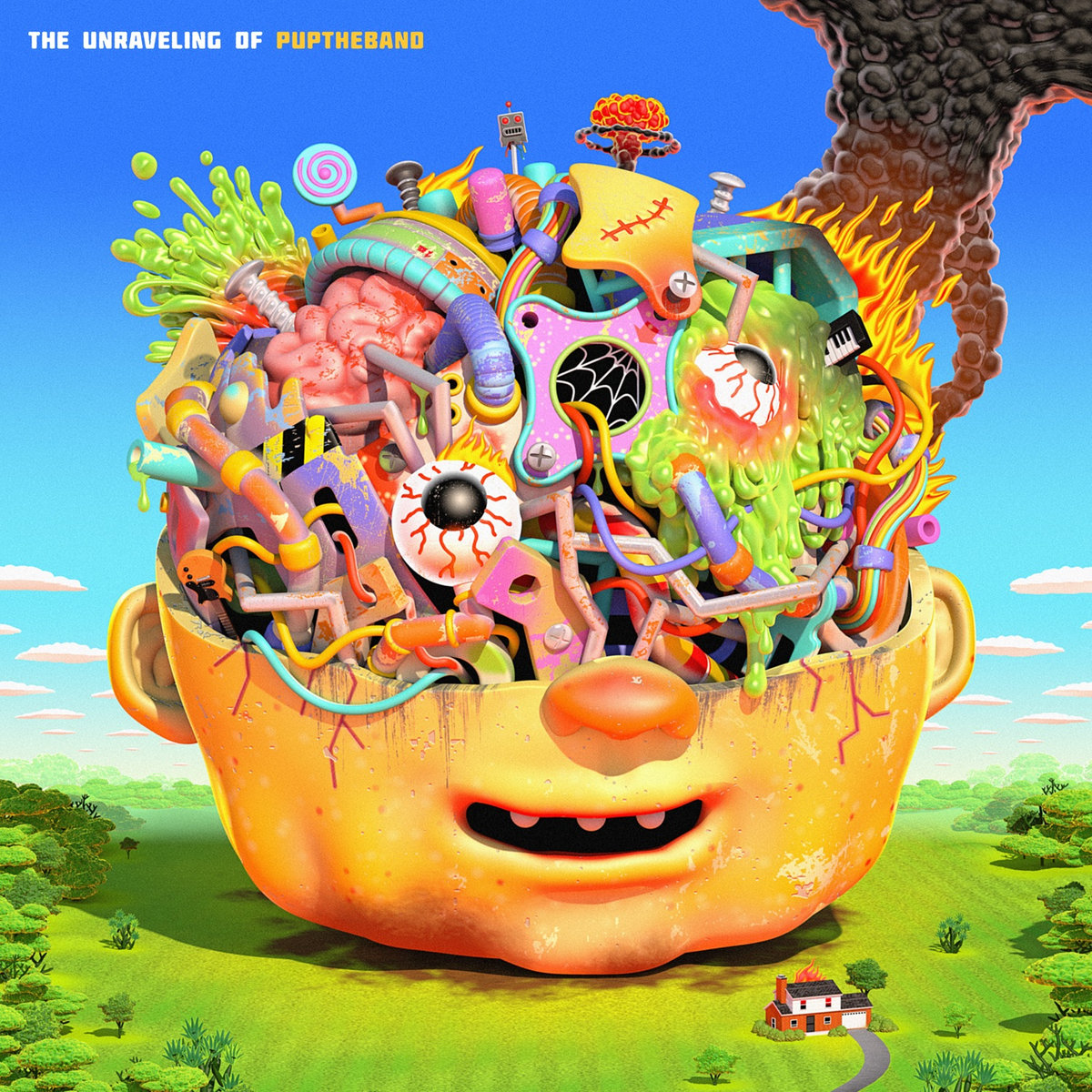
PUP – THE UNRAVELLING OF PUPTHEBAND
[Rise]
Few records this year have activated as many pleasure centers in my brain as PUP’s THE UNRAVELLING OF PUPTHEBAND, a poppy, punky distillation of the sound that The Replacements, Green Day, and My Chemical Romance have all previously claimed. The album is propulsive, snarky at times, and self-aware, which could have come across as just another band hoping to cash in on a beloved sound but actually results in a feel-good collection that just wants to knock down the walls around you…a nd maybe cause the odd bit of bodily havoc.
A triptych of atypical piano ballads (“Four Chords”, “Four Chords Pt. II: Five Chords”, and “Four Chords Pt. III: Diminishing Returns”) highlight the lateral experimentation the band employs here, while they also effortlessly churning out arena-ready songs like “Totally Fine”, “Habits”, and “Matilda”. The band sustains a curious balance between their pop and punk inclinations, letting THE UNRAVELLING… become both a portrait of a band in flux and a treatise on creative freedom. – Joshua Pickard
THE UNRAVELING OF PUPTHEBAND by PUP
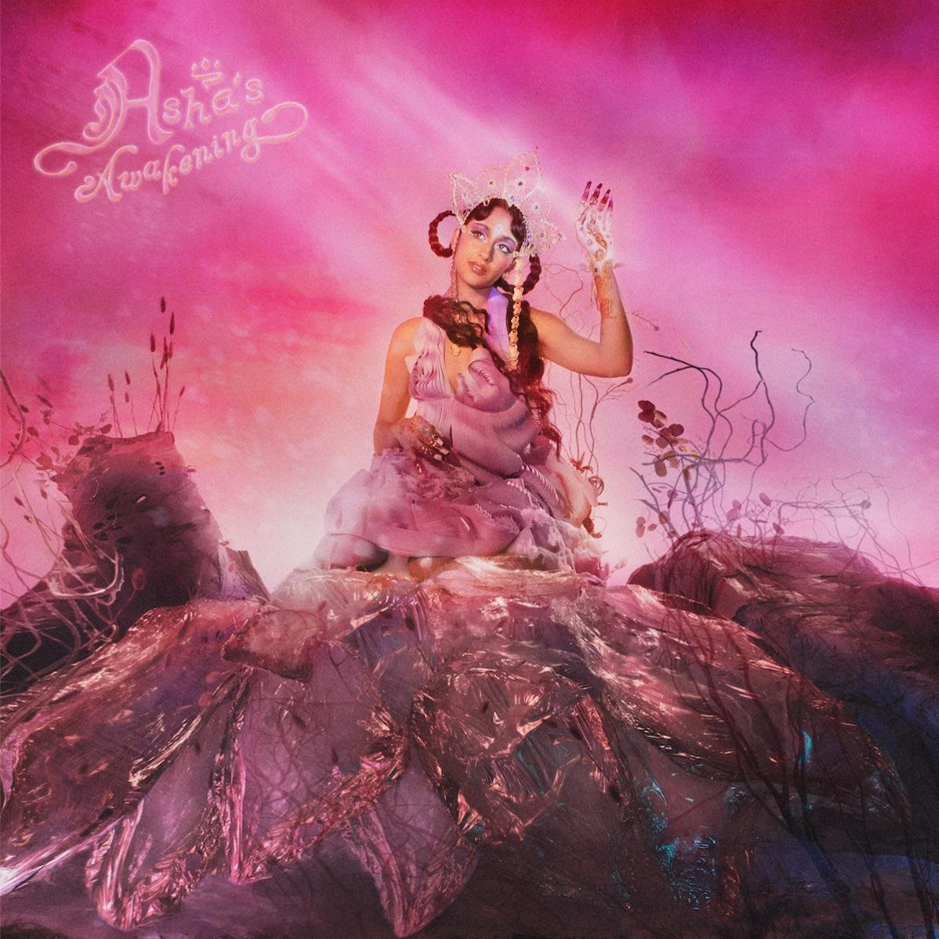
Raveena – Asha’s Awakening
[Moonstone / Warner]
You can never say Raveena isn’t ambitious. For her sophomore album, she takes on the role of a Punjabi space princess, experiencing Earth and all its pleasures and sorrows. It takes on inspiration from Indian music, Neo-soul, and, naturally, delectable pop. Sensuality is key, but there’s far more at play here, with the singer both paying tribute to her musical heritage and reaching forward towards the future. Having Vince Staples pop by doesn’t hurt. – Chase McMullen
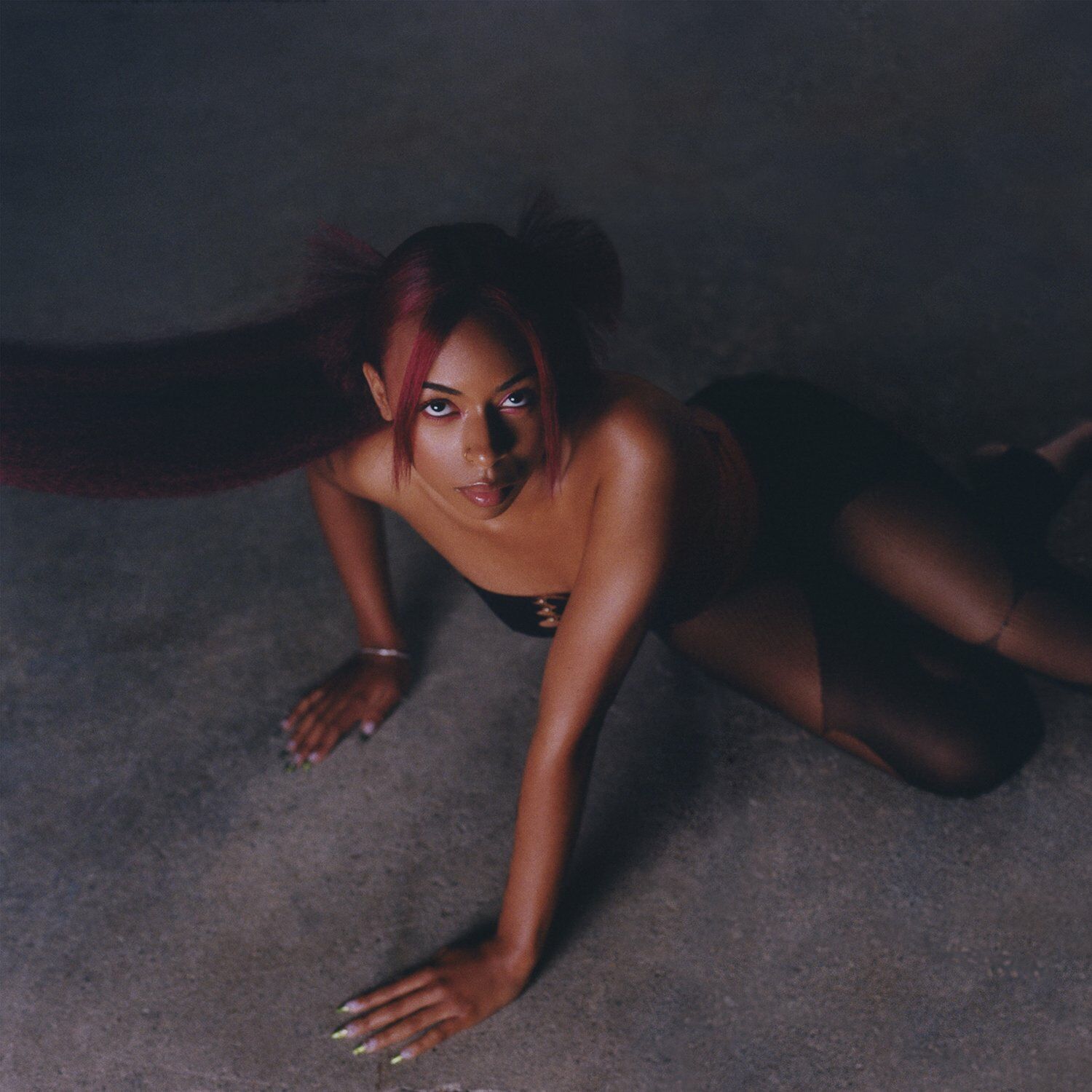
Ravyn Lenae – HYPNOS
[Atlantic]
We don’t deserve Ravyn Lenae. She deals in the sort of sun-swept, unreal R&B, as if you’ve just been beamed into some alternative dimension or managed to wash yourself up on a shore out of mysticism. Suffice to say, HYPNOS has a vibe. It coasts in between two regions that may well have been separated, polar regions, honeyed, dewy pop and pure abstraction: it never fails to keep it catchy, but the album feels as if it might plunge into a sensual abyss at any moment.
At 53 minutes, is it overlong? Perhaps a bit, but the projects with which Lenae is clearly vying against – or at least aspiring to – are cut from the same silk; just think of the sprawl of Janet Jackson’s Velvet Rope or Kelela’s Take Me Apart. It’s a revolving mirror of sound, capturing you in its every delicate yet twisted move. – Chase McMullen
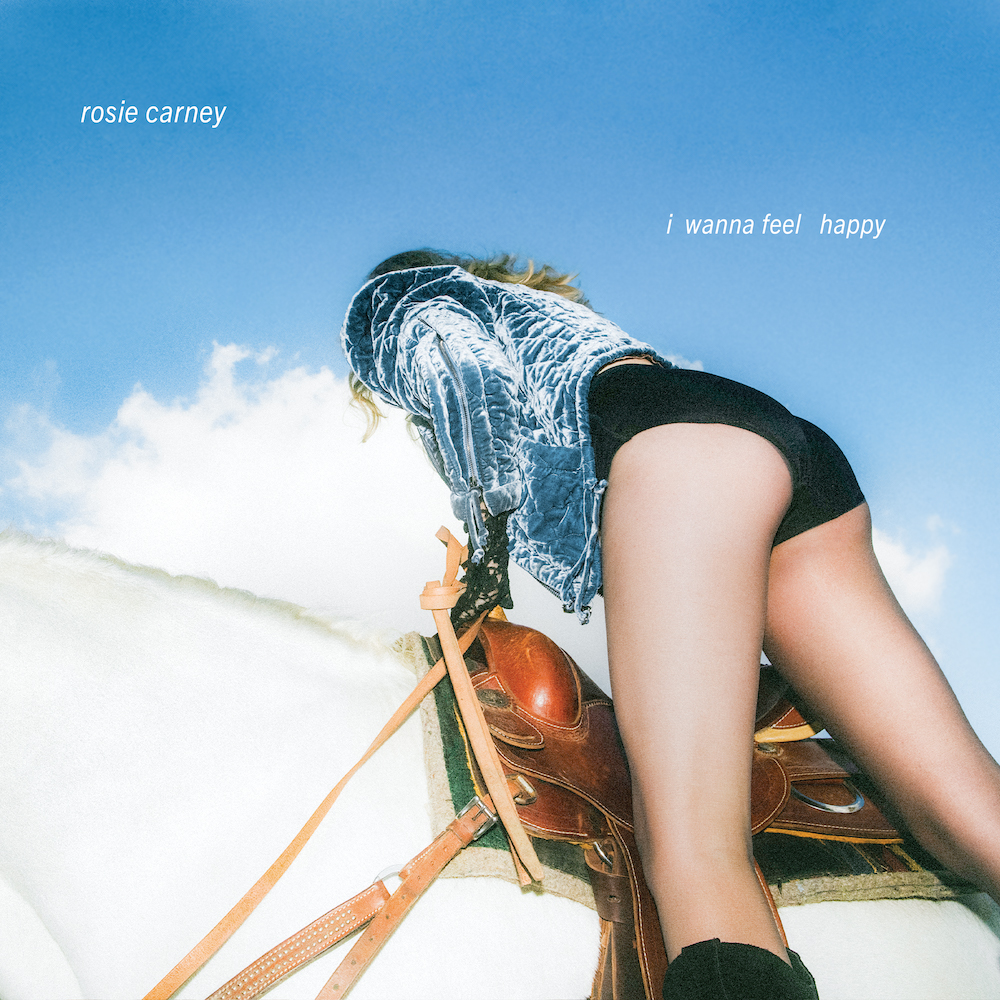
Rosie Carney – i wanna feel happy
[Color Study]
Somehow, some way, Rosie Carney remains underrated. Having delivered some of the most beautiful folk this side of Julie Byrne’s Not Even Happiness with her debut album Bare, not to mention delivering a stunning, full-length cover of Radiohead’s The Bends, she expands her musical palette with i wanna feel happy. The British songwriter’s folkier inclinations are still there, to be sure, but the sound is widely opened up, expanding into varying shades. As usual for Carney, this is not an album to be missed, and it’s a shame that so many are. To listen is to give in. Let it carry you. – Chase McMullen
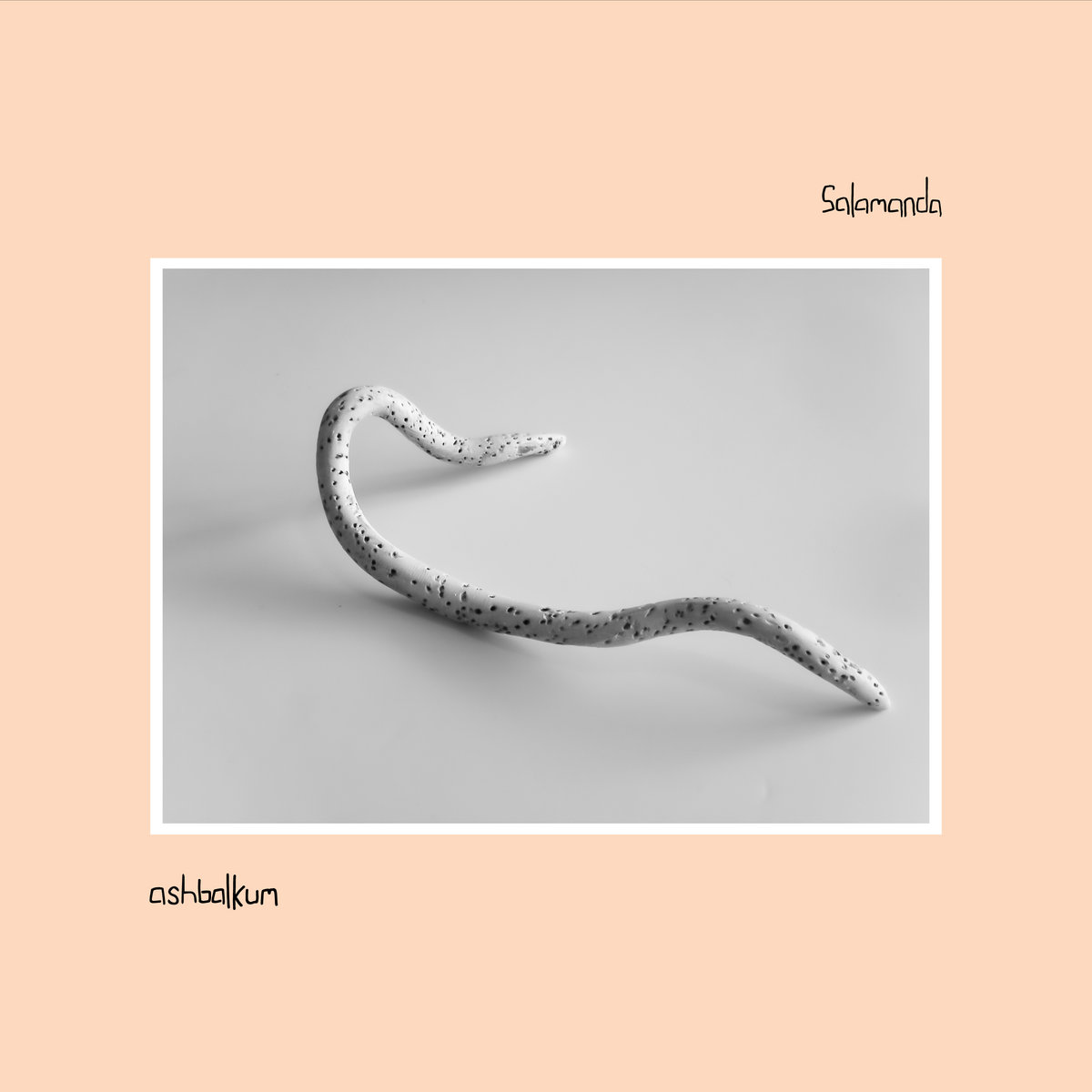
Salamanda – ashbalkum
[Human Pitch]
Seoul-based duo Salamanda deal in finely, intricately textured music – the transportive sort that’s prepared to take you just about anywhere you want to go. Perfect for catching a bit of peace in the office (unbeknownst to your coworkers), it’s also at times (and I say this in the most flattering way possible) akin to video game music, the sort of thing that could back up your more ambitious, psychedelic titles.
They employ vocals this go round, but nothing that could be identified as language. Instead they opt for gentle chirps of singing, adding another delicate layer to their already airy package. There’s a sense of joy in their music: you can feel that very joy in its creation, and it readily bleeds through into its listening experience. Pure, delightful escapism. – Chase McMullen
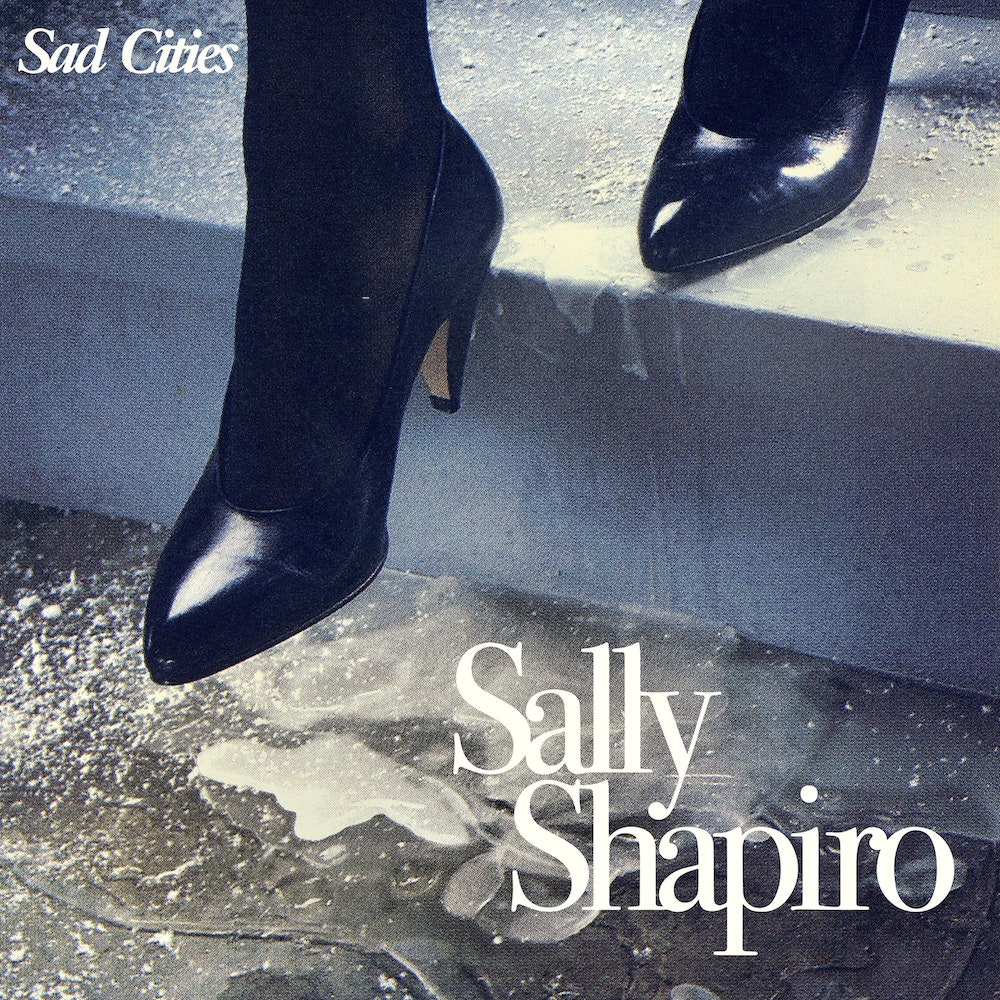
Sally Shapiro – Sad Cities
[Italians Do It Better]
Italo disco chanteuse Sally Shapiro (actually a duo comprising of the pseudonymic Shapiro and producer Johan Agebjörn) came back this year after a long hiatus. After putting out one the 2000s’ best electronic pop albums with Disco Romance, the duo had a tough time living up to their own bar. But now, with 2022’s Sad Cities, they come the closest they have since way back then.
In a way, it feels like almost no time has passed since their mid-00s heyday. The sounds and moods are largely similar to their original M.O., and Shapiro’s whispery, plaintive voice scratches virtually the same itch it did then. The 80s undercurrents are still loud and clear, but there are enough vibrant colors, wintery soundscapes, and small surprises to make their return worth a listen. “Sad City” in particular feels like a new way forward, bounding from familiar sounds but landing in a slightly more propulsive and catchy place — it almost sounds like a would-be M83 tune. And the beautiful spacey ballad “Christmastime Escape” is a lovely showcase for their softer side. As the closer sends us off with a booming beat and zigzagging synths, it does indeed feel nice to have them back. – Jeremy J. Fisette
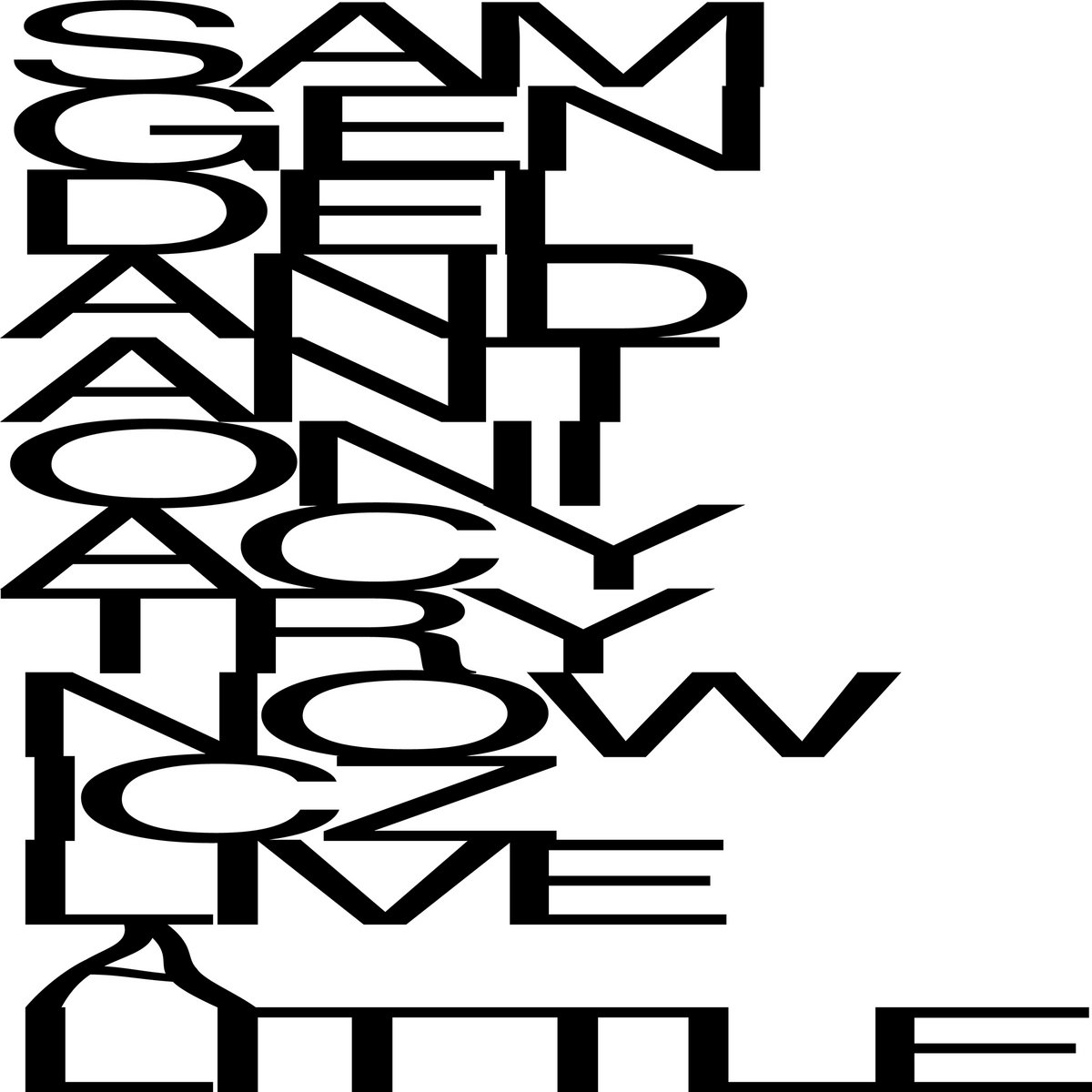
Sam Gendel and Antonia Cytrynowicz – Live A Little
[Psychic Hotline]
Sam Gendel has just about seen and done it all. The multi-instrumentalist (who focuses on the saxophone) has released a delightful catalog of his own, played on records by the likes of Perfume Genius and Vampire Weekend, and enjoyed productive, rewarding partnerships with other artists, such as Sam Wilkes.
Live a Little, however, may just be the most unexpected moment in his career yet. It finds him working with another multi-talent: a singer-songwriter, actor, dancer, and more – one that just happens to be 12 years old. Gendel has known Antonia Cytrynowicz for some time now, thanks to her being the little sister of his partner. When the two got together, they sought improvisation above all, with Gendel seeking a light touch, all while Cytrynowicz riffed over his playing, seeming to pull melodies and lyrics out of thin air. Does it feel weird that a 12 year old is already cooler than most of us ever will be? A bit. Does this album kick ass? Yes, yes it does. – Chase McMullen
LIVE A LITTLE by Sam Gendel & Antonia Cytrynowicz
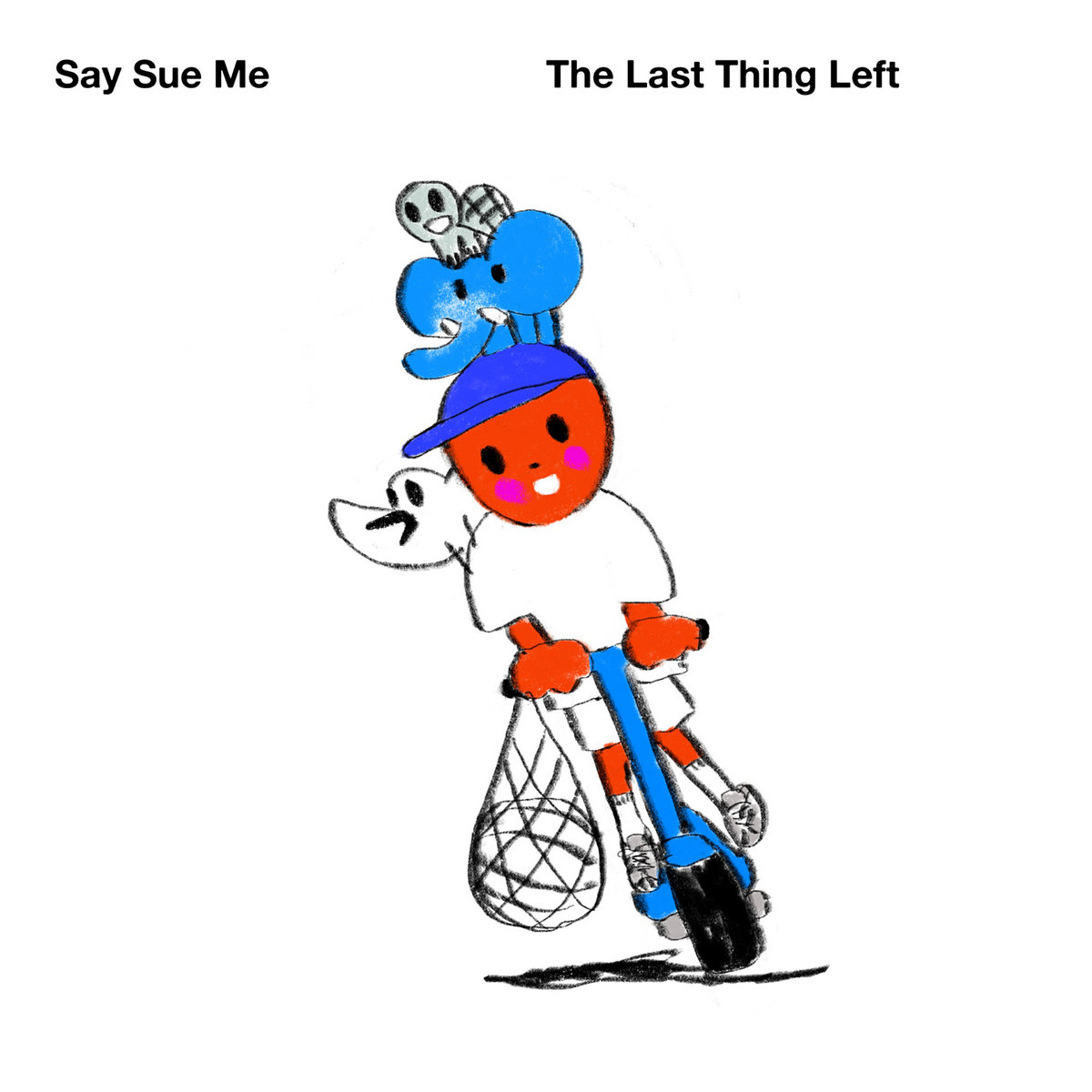
Say Sue Me – The Last Thing Left
[Damnably]
Were Say Sue Me an American band, they would be deemed ‘alt rock revivalists’, but, hailing from Busan, South Korea, they are bringing these tried and true indie sounds to a new audience who want to dig beneath the nation’s K-pop domination.
Say Sue Me have the warmth of Yo La Tengo, the zip of Teenage Fanclub and the melodicism of the Lightning Seeds, but the way the they repurpose and apply them to their own emotions is with such care and love that there’s still a ton to enjoy in every track. The Koreans aren’t trying to be profound or political, they keep it emotionally simple; all they want to do is emblazon their love of life and thankfulness for their friends in timeless alt-rock tunes. – Rob Hakimian
The Last Thing Left by Say Sue Me 세이수미

Stars – From Capelton Hill
[Last Gang]
For long stretches of Stars’ latest From Capelton Hill, I thought I was listening to a long-lost Peter Gabriel album – a really late-era Peter Gabriel album. But don’t interpret that as a knock against Stars or the record; they’ve continually developed a formula of wedding euphoric melodies with intensely personal stories, and that is something Gabriel excelled at.
The call-and-response vocals between Torquil Campbell and Amy Millan have never sounded better, and songs like “If I Never See London Again” and “Palmistry” are radiant examples of the kind of starry-eyed pop that the band has been making for decades. The title track is a glorious burst of effervescent movement that captures the hesitancy, renewal, and blinding love that comes from remembering all the good and bad choices made and the hearts we’ve touched, broken, and mended in our lives. From Capelton Hill is remembrance and recognition as seen through a pop lens on a grand scale, something not easily shaken nor forgotten. – Joshua Pickard
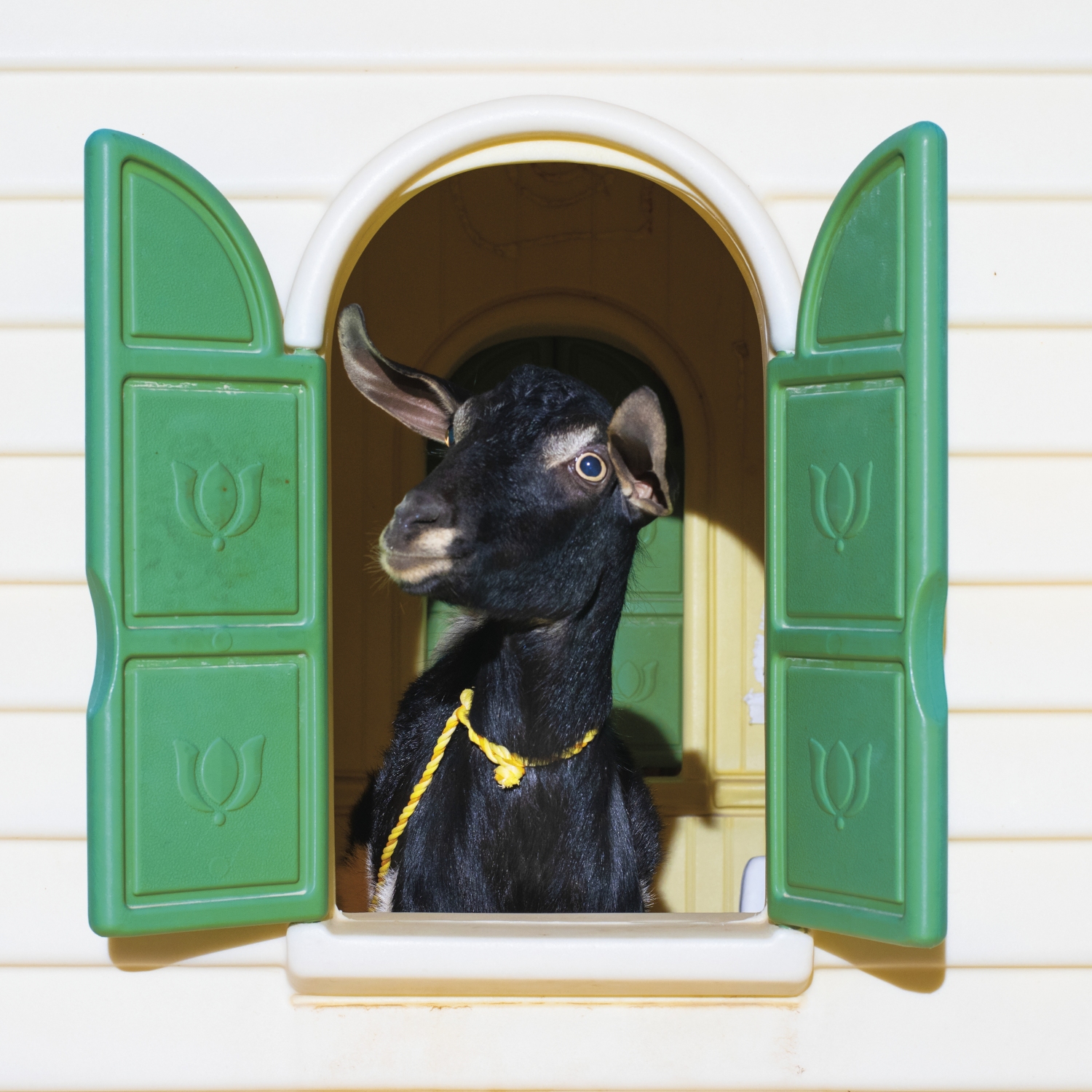
Superchunk – Wild Loneliness
[Merge]
No one does great indie rock quite like Superchunk. Hell, they’ve been doing it for over 30 years at this point so why stop now.
On their latest record, Wild Loneliness, the Chapel Hill band fronted by Mac McCaughan don’t change up their usual methods all that much, opting instead to hone in on what makes their sound so memorable and free from any trending fashion. From the wailing saxophone on the title track to the gliding violin on “This Night”, the band lavishes proper attention on these stories of ne’er-do-wells, slackers, and the occasional responsible adult. They’ve never settled for maturity; their music still flits about, looking for precarious ledges and rocky outcroppings. They’re content to look back at the choices which led them here and wonder whether it was all worth it. There are moments when the punks are riled up and good sense is cast to the wind, but Wild Loneliness is more attuned to the contours of memory, acceptance, and quiet evenings, even when there are still beers to drink at midnight. – Joshua Pickard
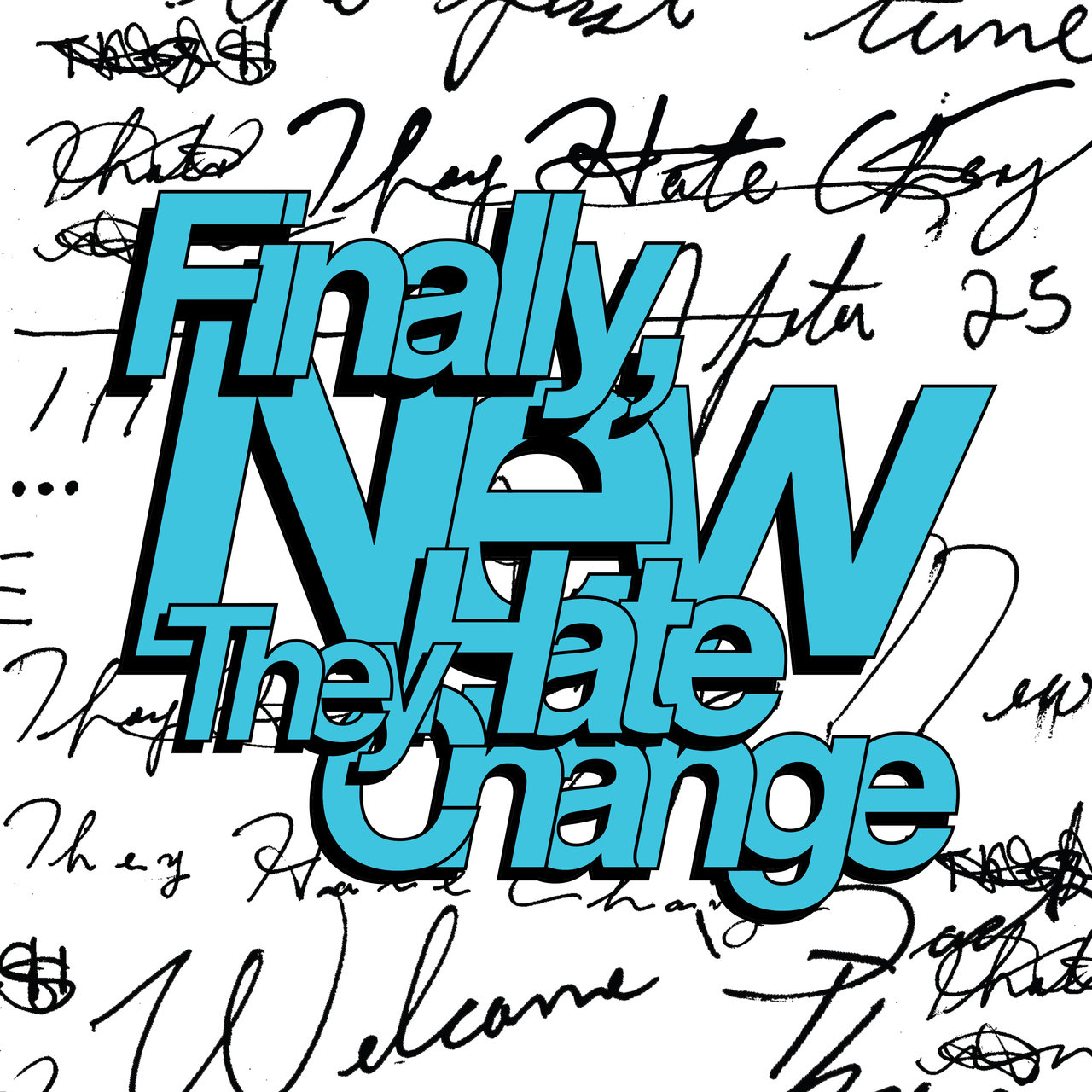
They Hate Change – Finally, New
[Jagjaguwar]
As much as I enjoyed some of the more high-profile hip-hop releases this year, it’s been They Hate Change’s latest, Finally, New, that has commanded the most time in my rotation since it was released. Fronted by Vonne Parks and Andre Gainey, They Hate Change feel equally as comfortable namedropping Poly Styrene from punk icons X-Ray Spex and trans soul pioneer Jackie Shane as they do hyperpop stars 100 Gecs. This is the kind of record I would imagine Outkast making were they still in the business of hip-hop reinvention – and at times, Vonne’s flow is a dead ringer for a younger Big Boi. A curious blend of UK drum ‘n’ bass and just about every micro-genre of rap music you can imagine, Finally, New offers an encyclopedic overview of the genre while never feeling as though it’s high concept execution somehow places it on a pedestal above its legion of influences. – Joshua Pickard
Finally, New by They Hate Change
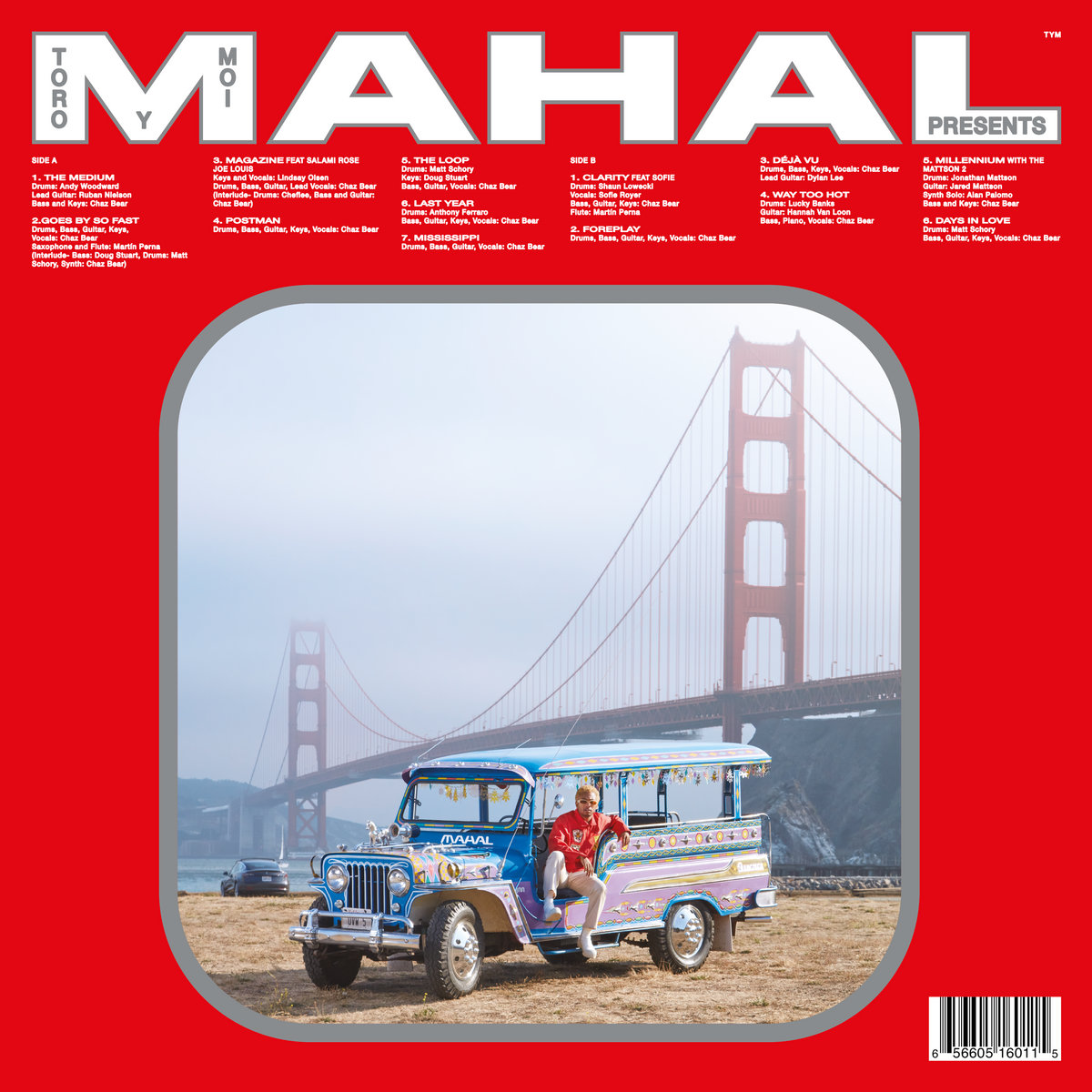
Toro y Moi – MAHAL
[Dead Oceans]
Chaz Bundick started the 2010s on fire with his breakthrough synth-funker Underneath the Pine in 2011. But, just as chillwave died down, the output of his Toro y Moi project never quite reached the heights of his glory days of Pine until 2019’s promising Outer Peace. Three years later and Bundick is capitalizing on that refreshingly focused effort with an even more robust album in MAHAL.
Still utilizing synths to canvas his work, MAHAL is Bundick’s most alluring release to date. He swirls and soothes with “Goes by So Fast” and blitzes the senses on the psych-romper “Magazine”m all the while sounding confident in his delivery. MAHAL finds the Toro y Moi project revitalized with Surf’s Up harmonies that would make Carl and Brian Wilson proud. – Tim Sentz
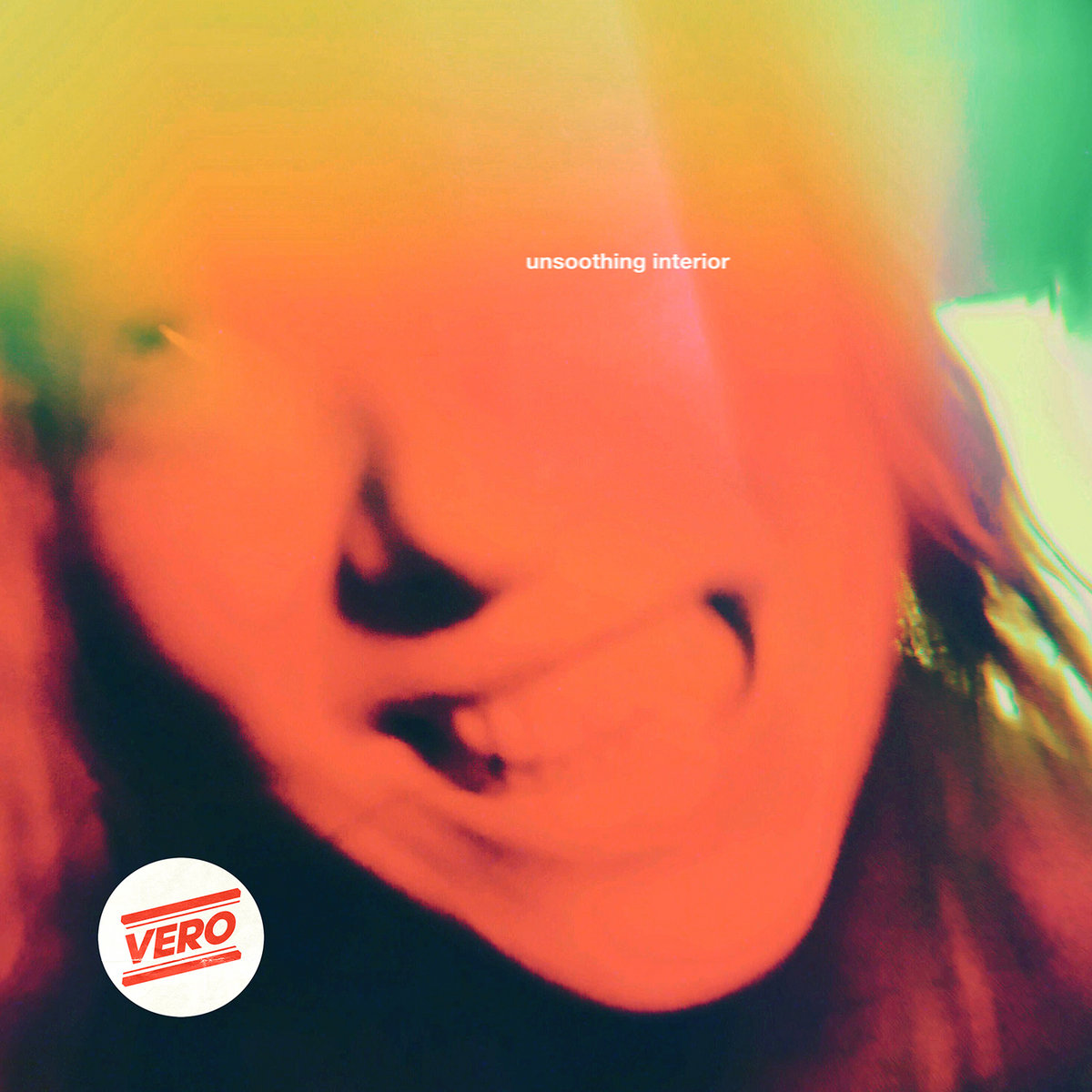
Vero – Unsoothing Interior
[PNKSLM]
Unsoothing Interior isn’t a perfect record, but doesn’t set out to be one. On their debut album Stockholm band Vero lean into getting the feeling right instead of every single note being immaculate. (It’s one of the reasons they favour guitars over synthesizers unlike on their 2020 Heaven on Earth EP.) The result is something much more effervescent, swirled in fuzz and punchy enough to knock you off your feet at the best of times.
“Beluga” screeches casually, “Sex, me & TV-shows” leans into a stoner grunge vibe, “Heather” breaks though on its contrastingly strobe-lit chorus, and “Sticky” follows in a similar fashion, rousing into a moment of sweaty joy. Best of all is the breathless and blistering “BEG!”, where lead singer and bassist Julia Boman shouts the titular phrase like both a threat and a command. Next to listening to Unsoothing Interior, the best way to experience these songs might be catching them in a small venue, fists pumping, fuzz and scratchy guitars all loud and in your face. It may not be meant to be perfect, but like when everything hits right, it feels pretty close to perfection from the band. – Ray Finlayson
Unsoothing Interior [LP] by VERO
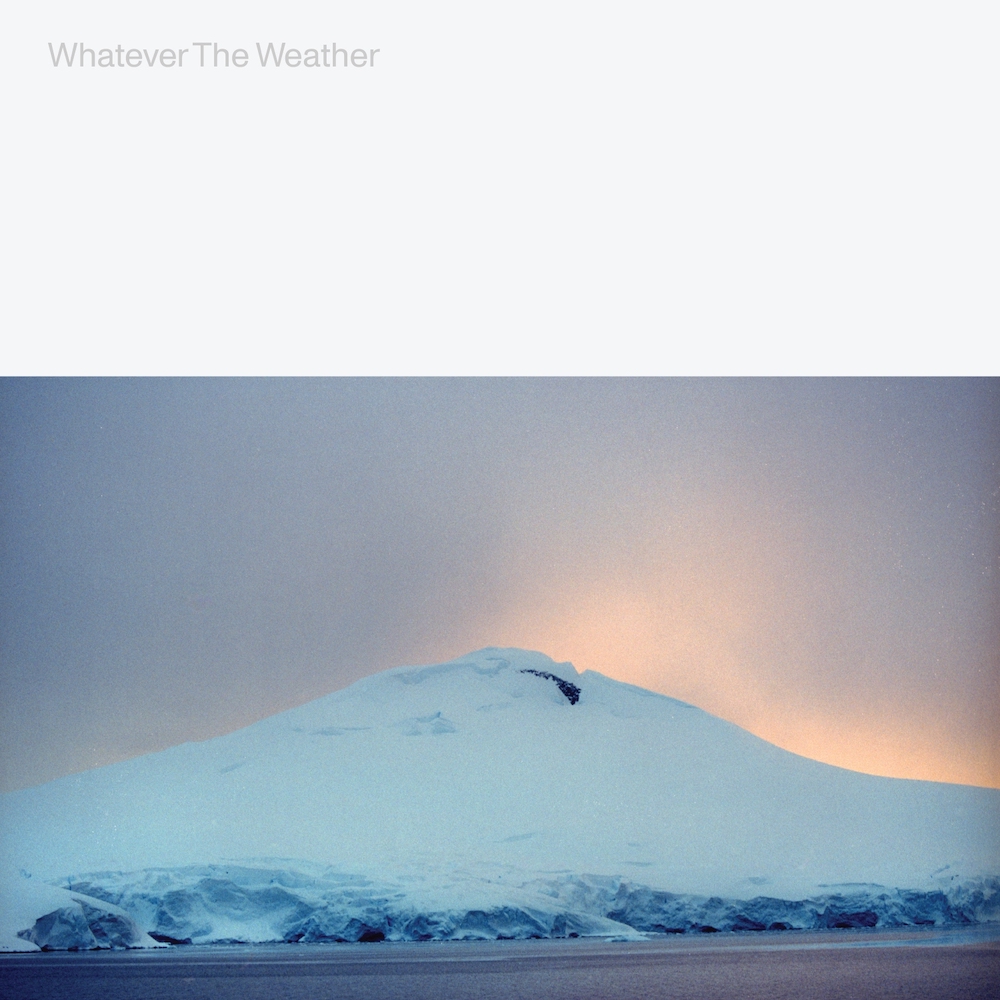
Whatever The Weather – Whatever The Weather
[Ghostly International]
Loraine James wants to set the mood for you. And on the self-titled debut album under her Whatever the Weather moniker, she’s using temperature as an emotional marker. Where her earlier records might have accidentally brushed up against ambient philosophies, this one dives headlong into an abyss of shifting textures and formless impressions.
Each track represents a specific temperature, and each temperature is meant to evoke a particular feeling, whether it’s early morning relaxation or chilly winter frigidity. James is able to shape these sounds into an expansive palette of twinkling notes and whooshing background rhythms. And while it feels fairly removed her other music, you can still hear that sense of experimentation driving these songs, pushing them to bloom and unfurl in measured movements of sound. She’s happily given us the atmosphere, and all we have to do is revel in each song’s ambient season. – Joshua Pickard
Whatever The Weather by Whatever The Weather
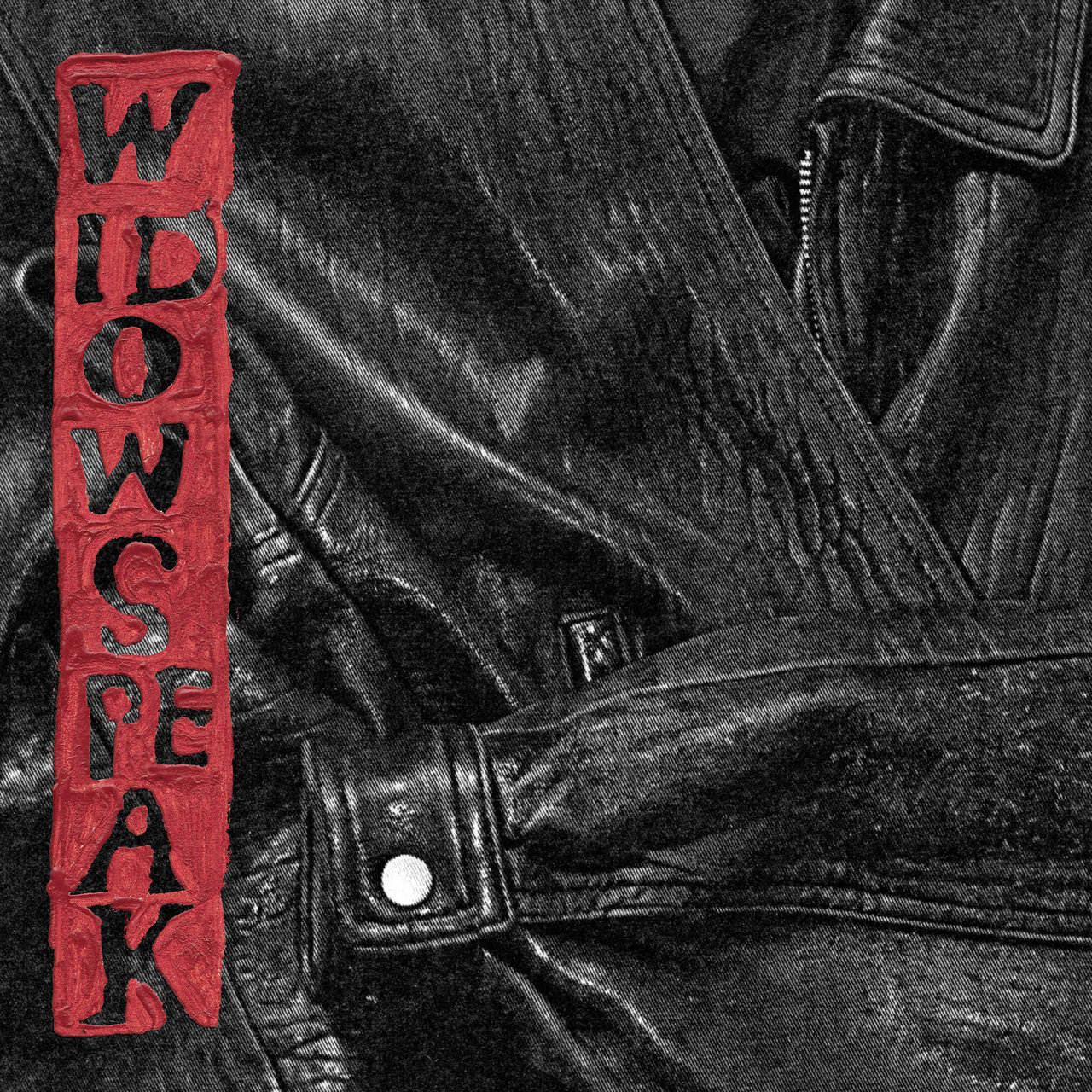
Widowspeak – The Jacket
[Captured Tracks]
Brooklyn’s Widowspeak have always just been a good band. Over the course of five albums in the 2010s, their brand of folky dream pop has been consistently milquetoast – politely resting in the background. That all seems to have changed with The Jacket, the band’s follow-up to 2020’s Plum – the sound feels fully fleshed out for the first time in Widowspeak’s career.
The inoffensive styles from their beginnings were nice gestures, but The Jacket’s bigger sound plays into a richer exploration of their abilities. “Everything is Simple” finds lead singer Molly Hamilton admitting that “Singers tend to hide the truth… to edit anything that’s fit to tell,” and it’s this unabashed honesty that rivets through The Jacket, making it the band’s peak release.
Widowspeak have never been a loud band, and The Jacket doesn’t deviate from that aesthetic, but that doesn’t prevent them from sounding like an arena-sized rock band on the title track, or feeling right at home on an afternoon stage set at Bonnaroo with “Sleeper”. It’s their most accomplished work to date without question. – Tim Sentz
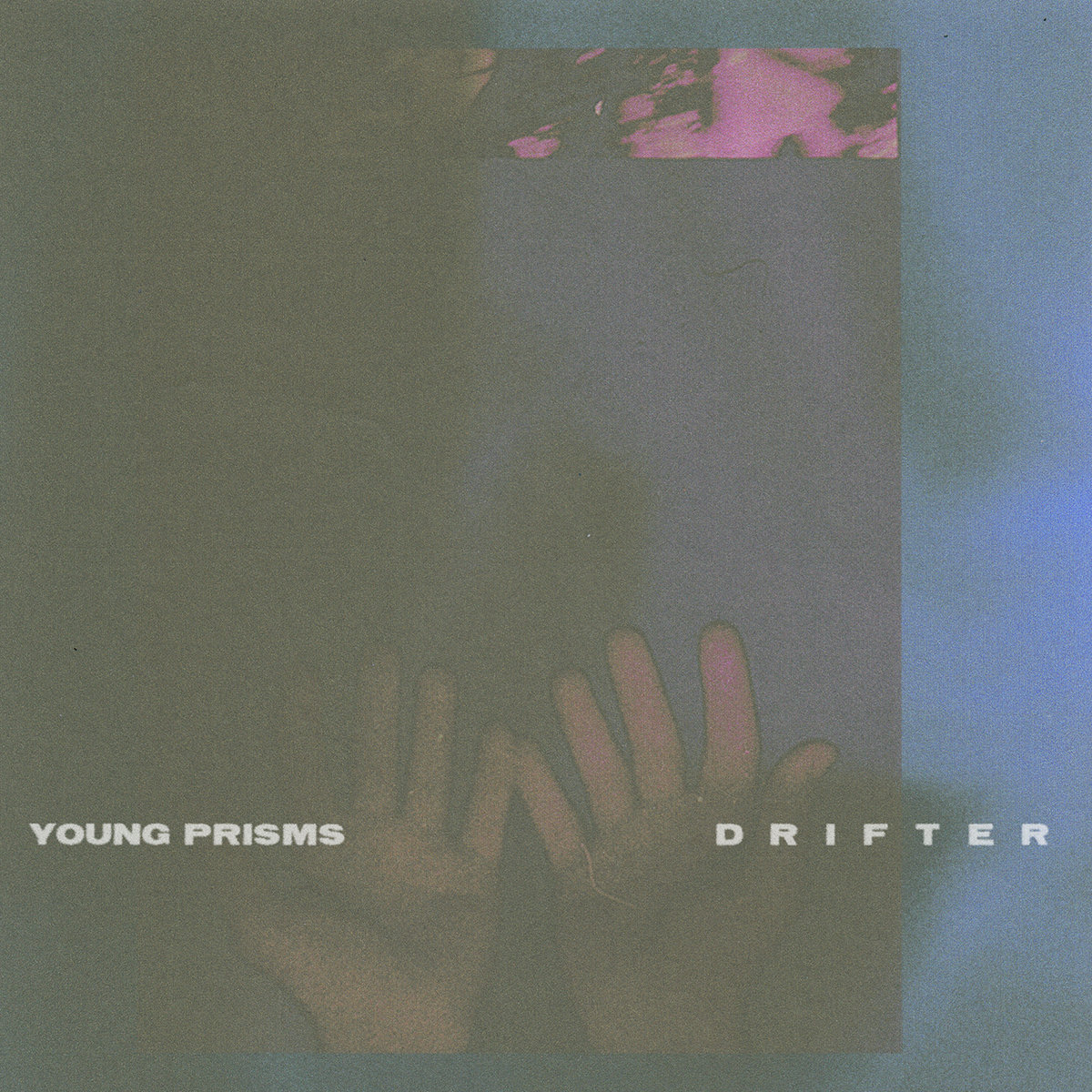
Young Prisms – Drifter
[Fire Talk]
San Francisco’s Young Prisms disappeared in 2012 after two albums of dreamy, gaze-pop that reflected the era with which they rose in. Drawing comparisons with Dum Dum Girls and the Radio Dept., it was easy to see how the young band could survive in an overcrowded pool if they’d just stayed the course. That wasn’t to be though, after 2012’s In Between the band went on an indefinite hiatus, eventually returning in late 2021 with the single “Yourside”.
Ten years hasn’t changed their sound much, but it didn’t need to. The beauty of dream pop and shoegaze is how rabid the fanbase is for that perfect sound, a sound that Young Prisms hit on nearly every cut of Drifter. They can be noisy and sweet on “Honeydew”, a late-Jesus And The Mary Chain sounding gem, but also swiftly float by on the elegantly serene “Outside Air”. This is comfort food dream pop for the lovelorn individuals hungry for familiarity, and Drifter provides that in abundance. – Tim Sentz
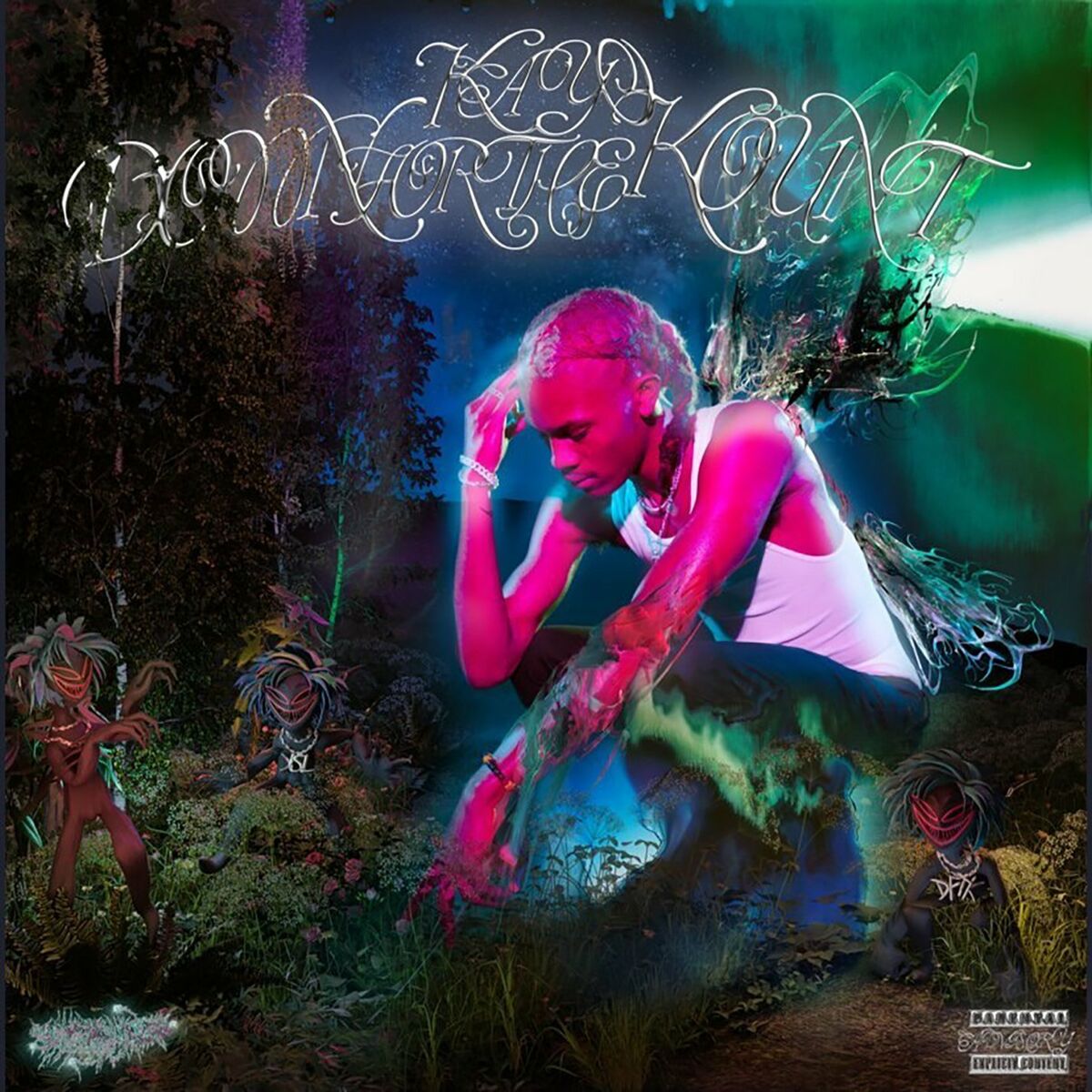
Yung Kayo – DFTK
[Young Stoner Life]
Atlanta’s Yung Kayo just graduated high school – congrats Kayo! The 18-year-old rapper and affiliate of Young Thug’s YSL squad (free the guys) suggests a bright future with his debut DFTK (AKA Down for the Kount), which operates on a slightly weirder level than the music of, say, Gunna or Lil Baby. This is in no small part due to in-house producer Warpstr, whose candy-coated beats have as much in common with hyper-pop as Atlanta trap. Add to this a killer chorus from Eartheater(!) on “hear you”, and you have an album that stands out among its increasingly cookie-cutter contemporaries. Kayo himself approaches his raps with an alternately acerbic bite and mellow croon, taking total control of his songs. Closing with the fiery “it’s a monday”, DFTK is more than a promising debut; it’s one of the best rap albums of the year. – Ethan Reis
Listen to a Spotify playlist of our favorite tracks from our Overlooked 2022 Q1-Q2 albums here.

